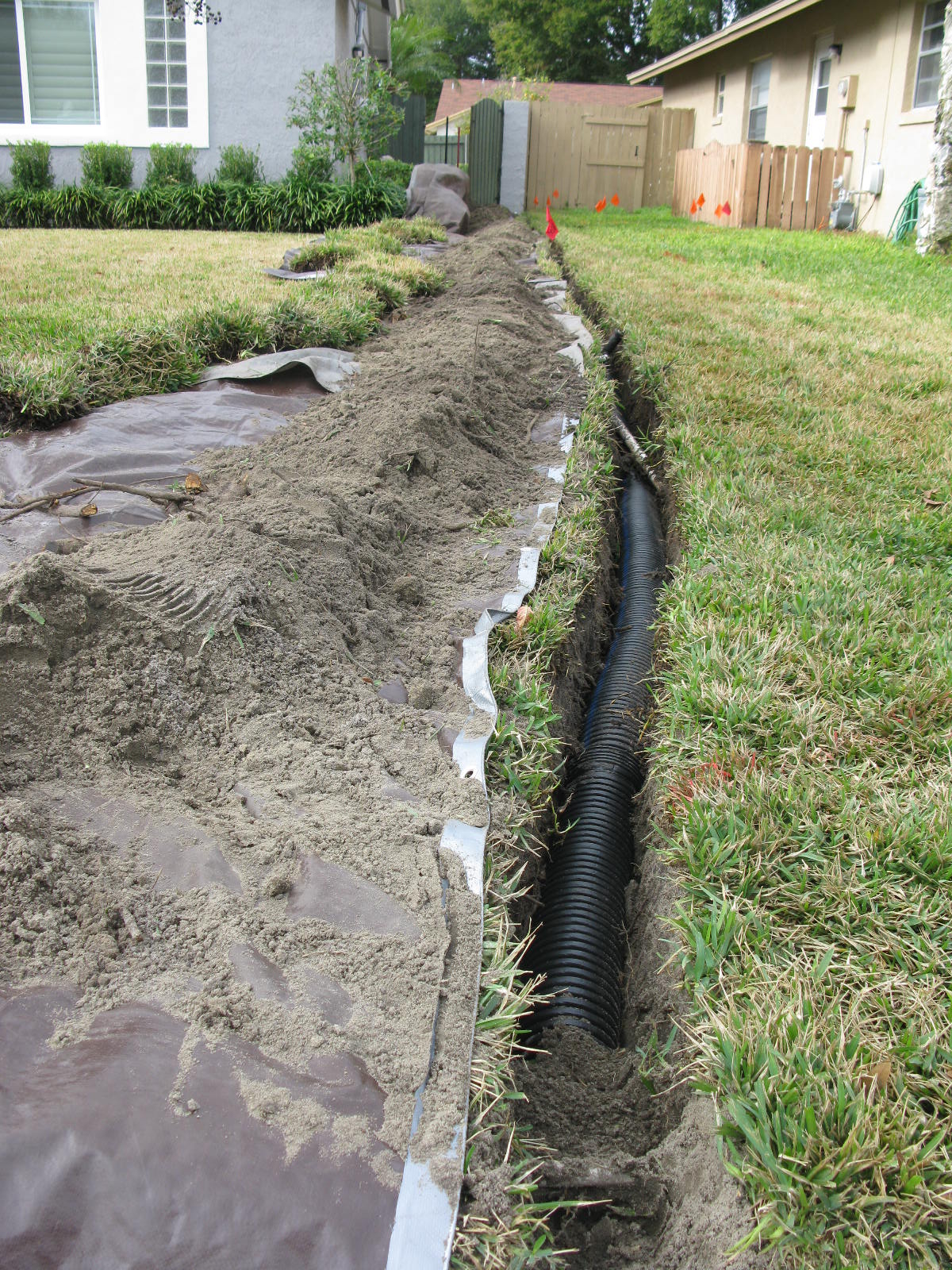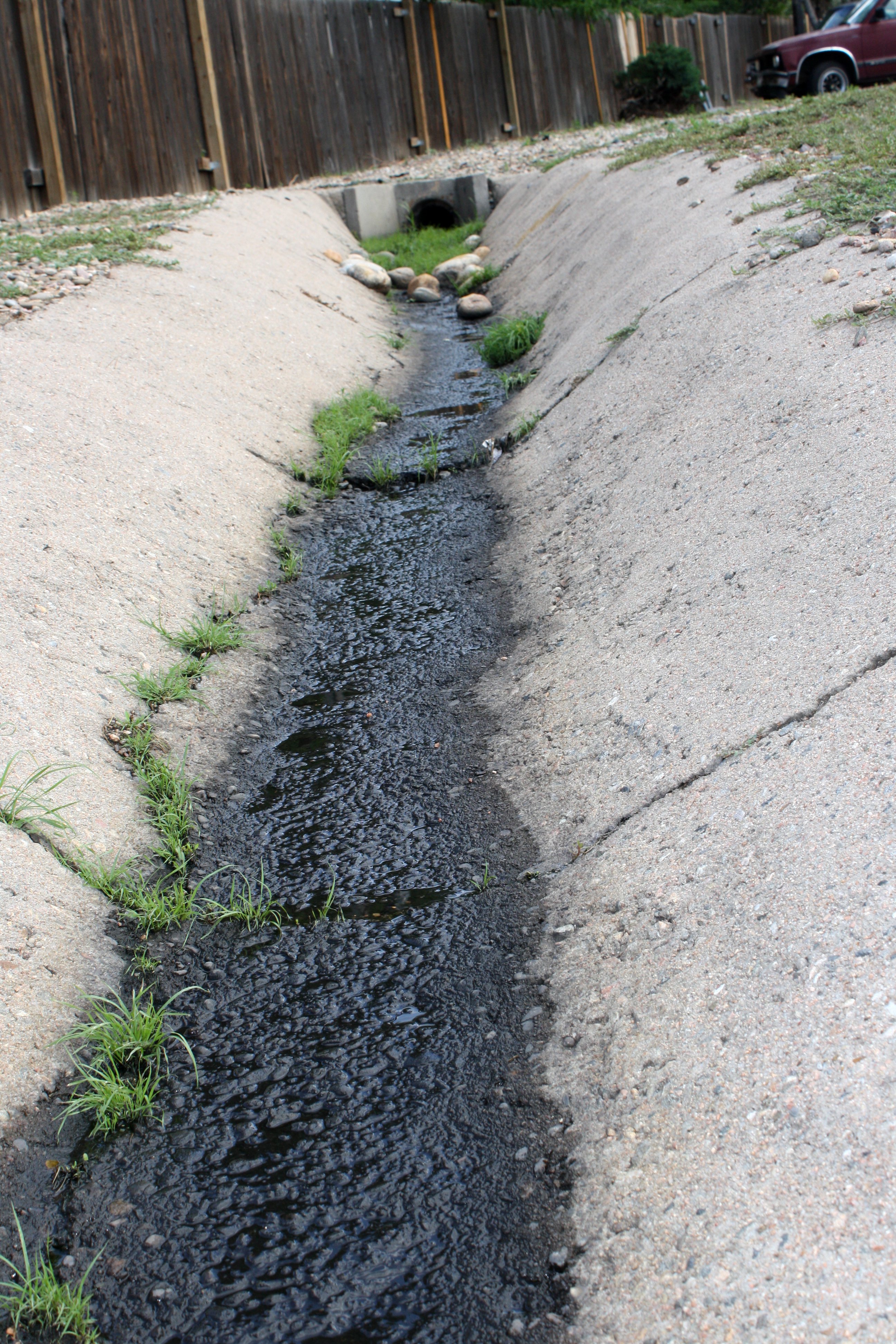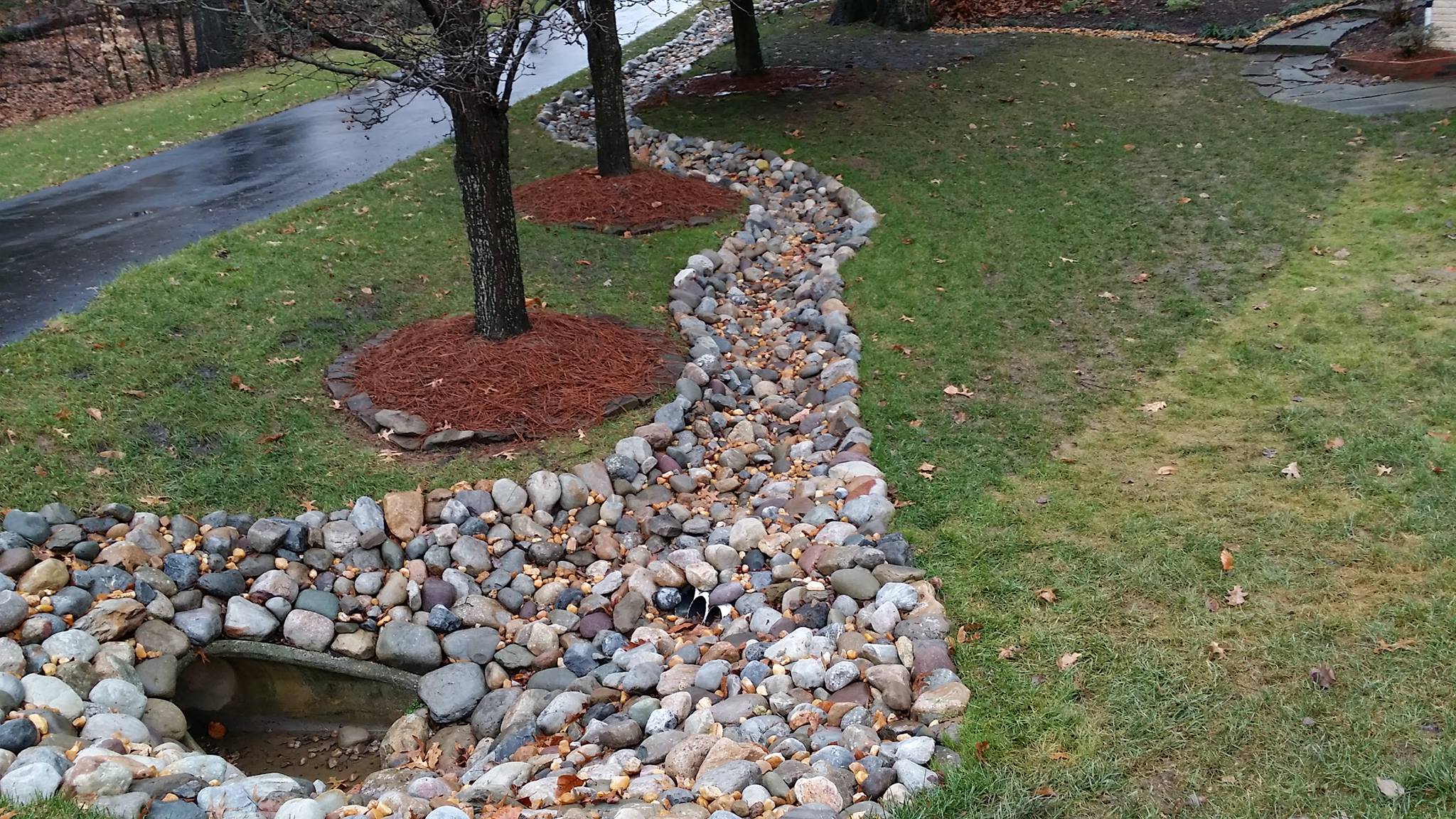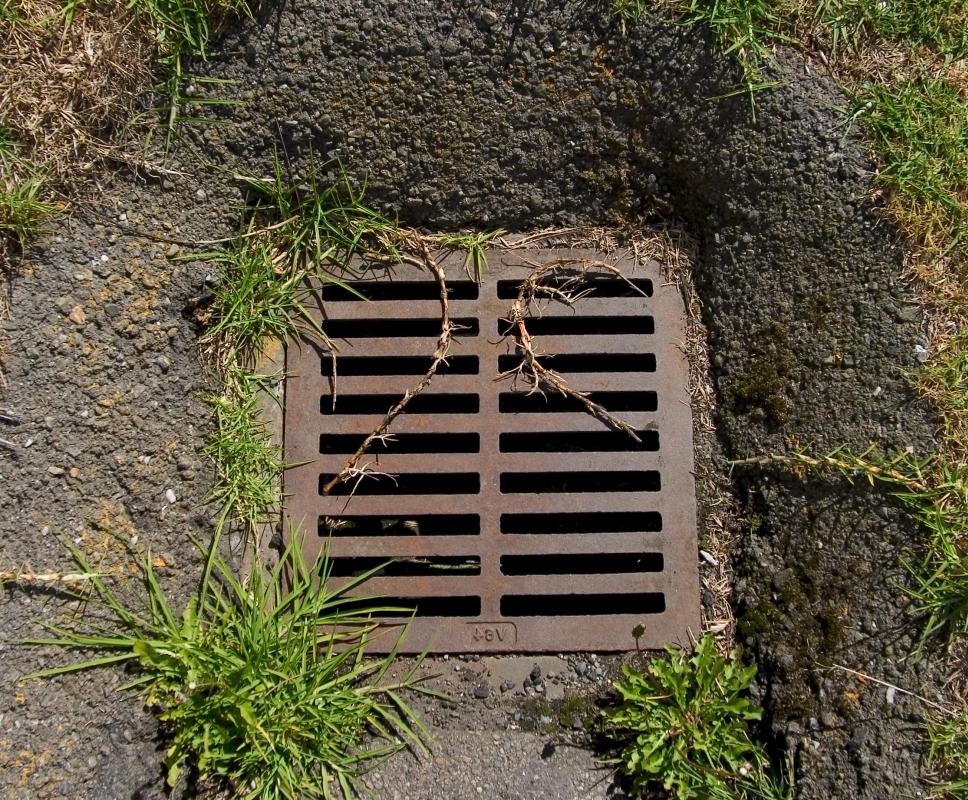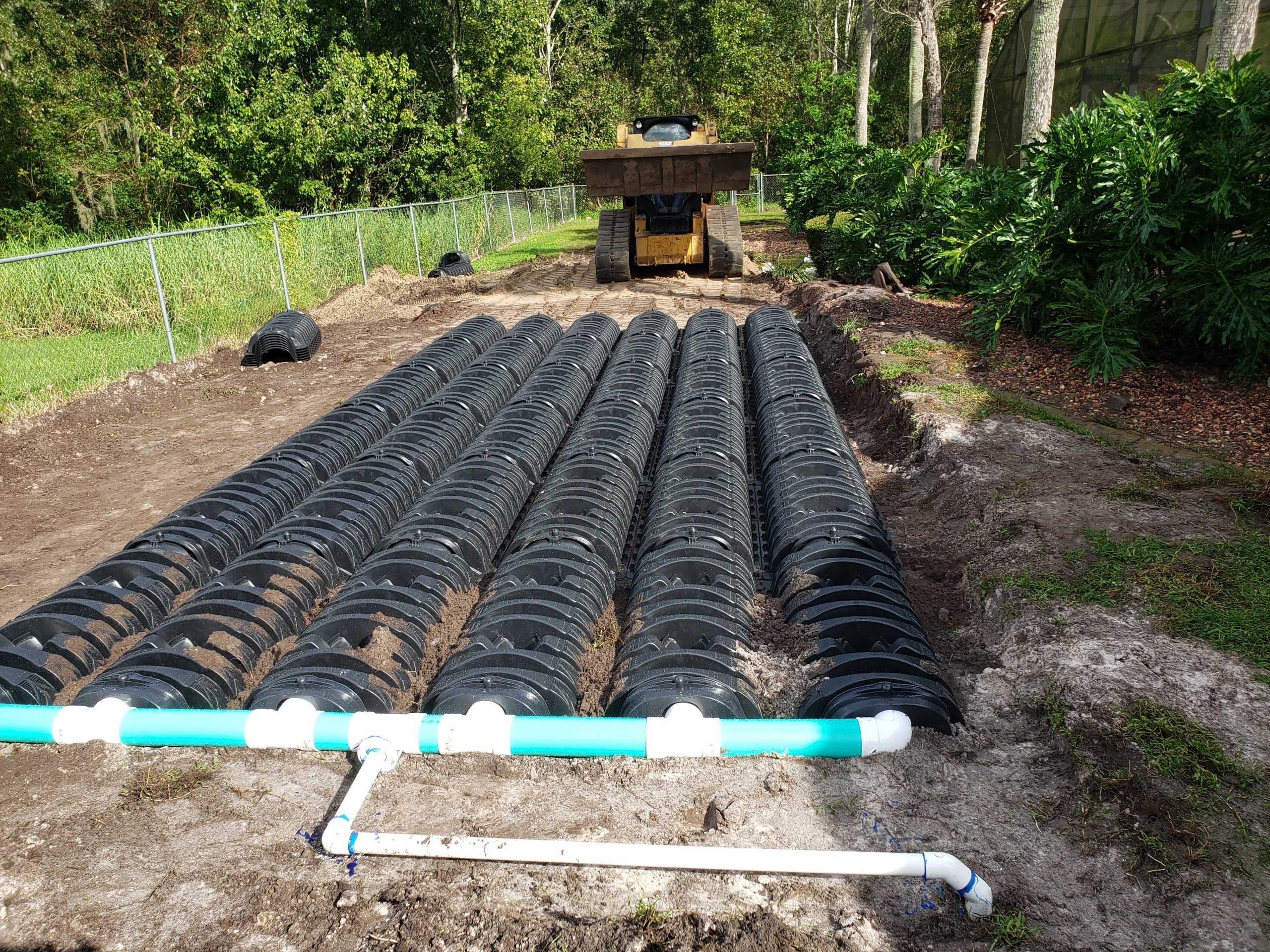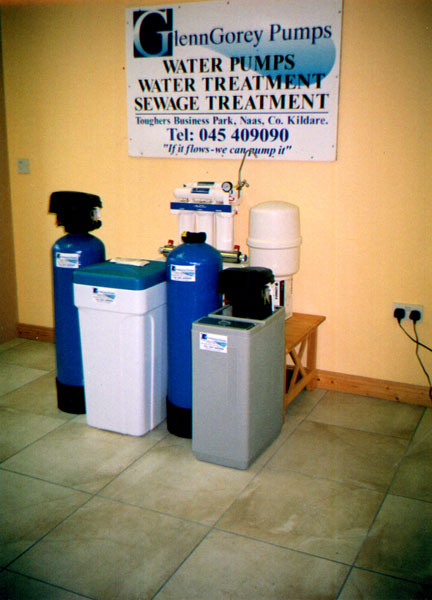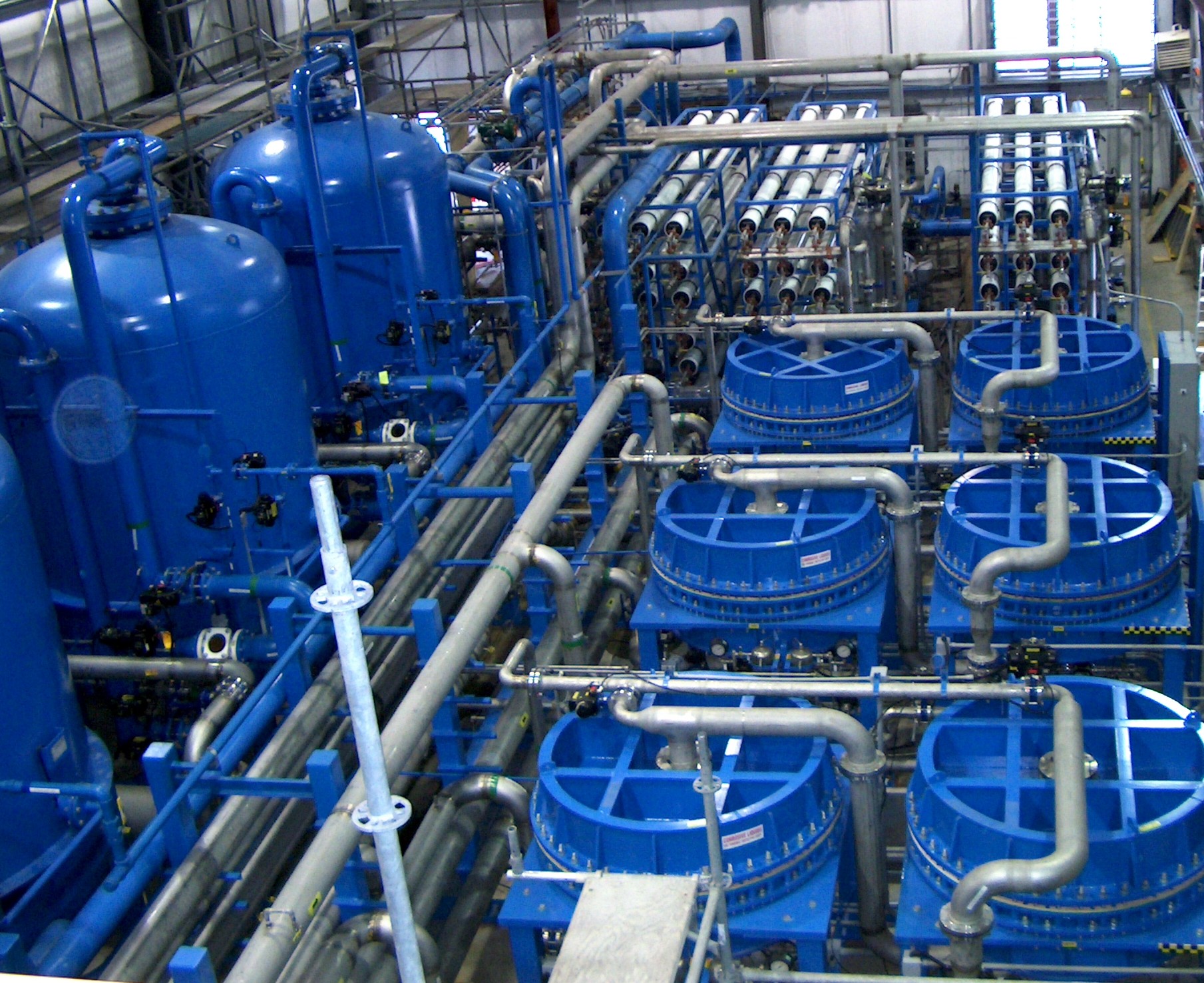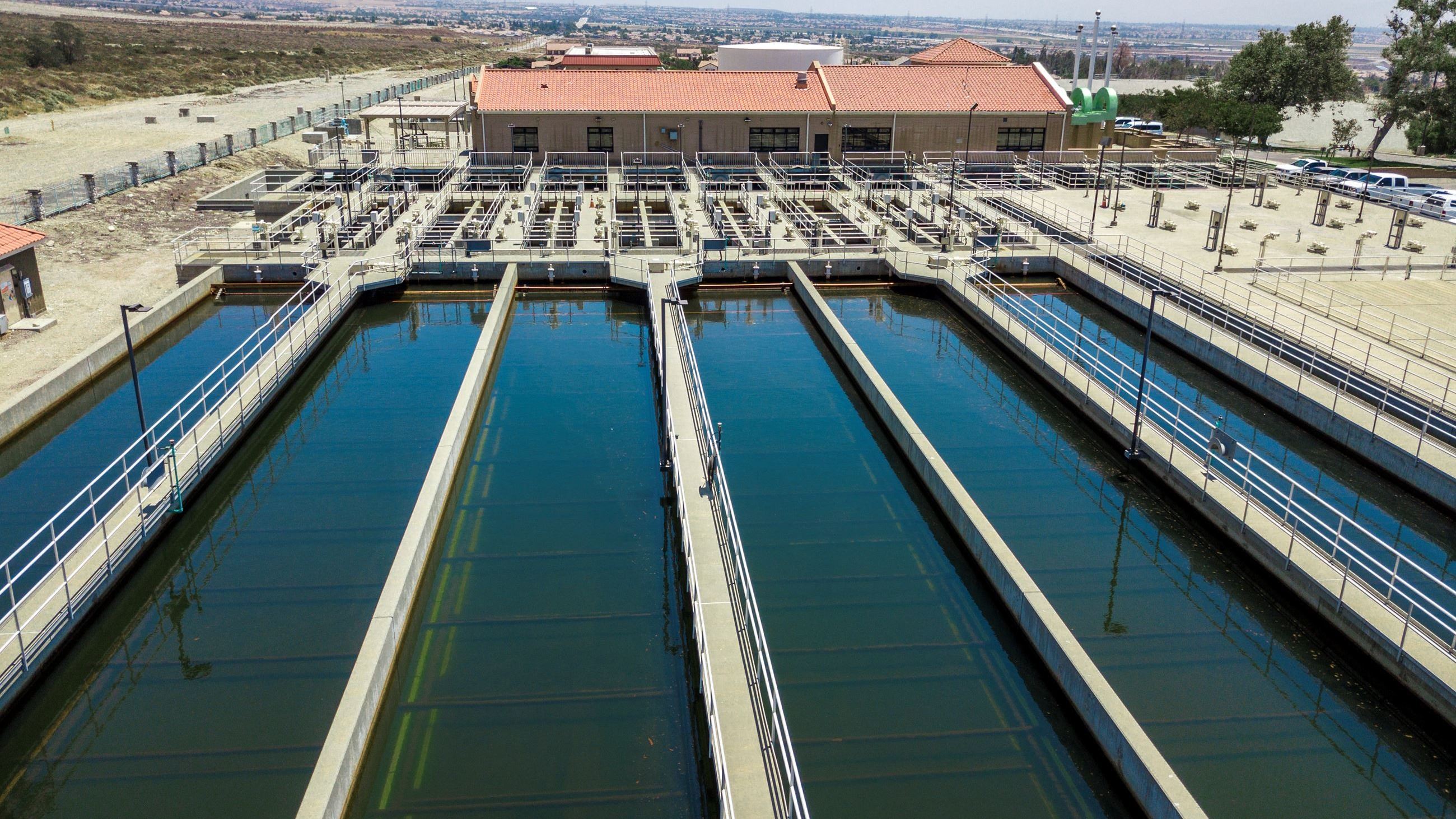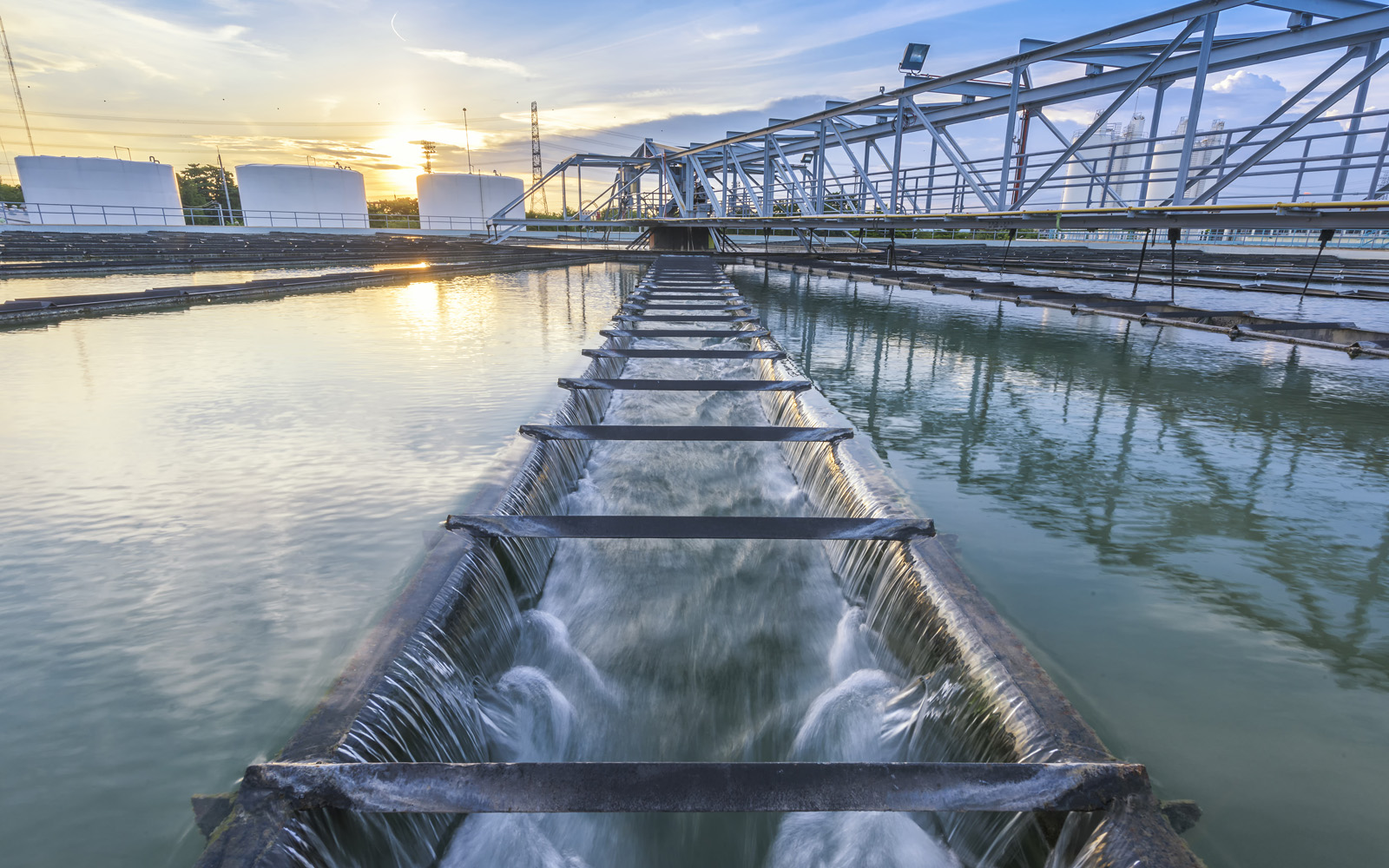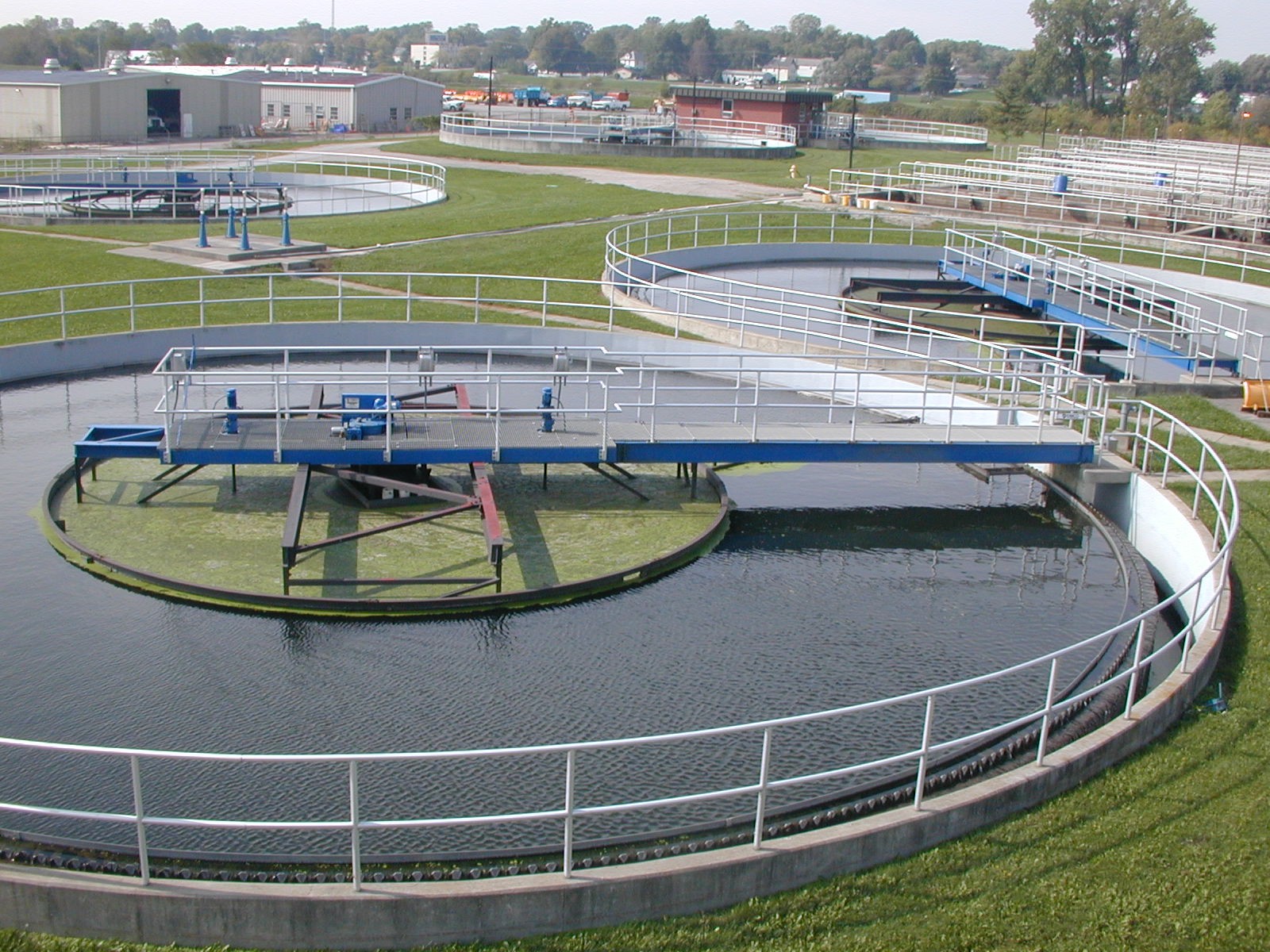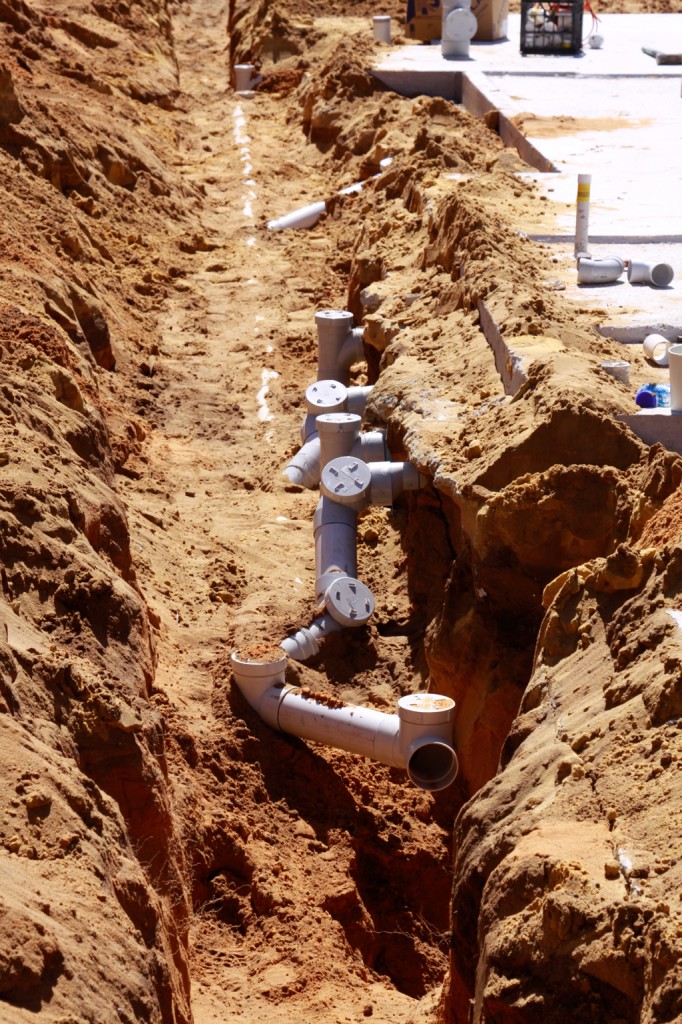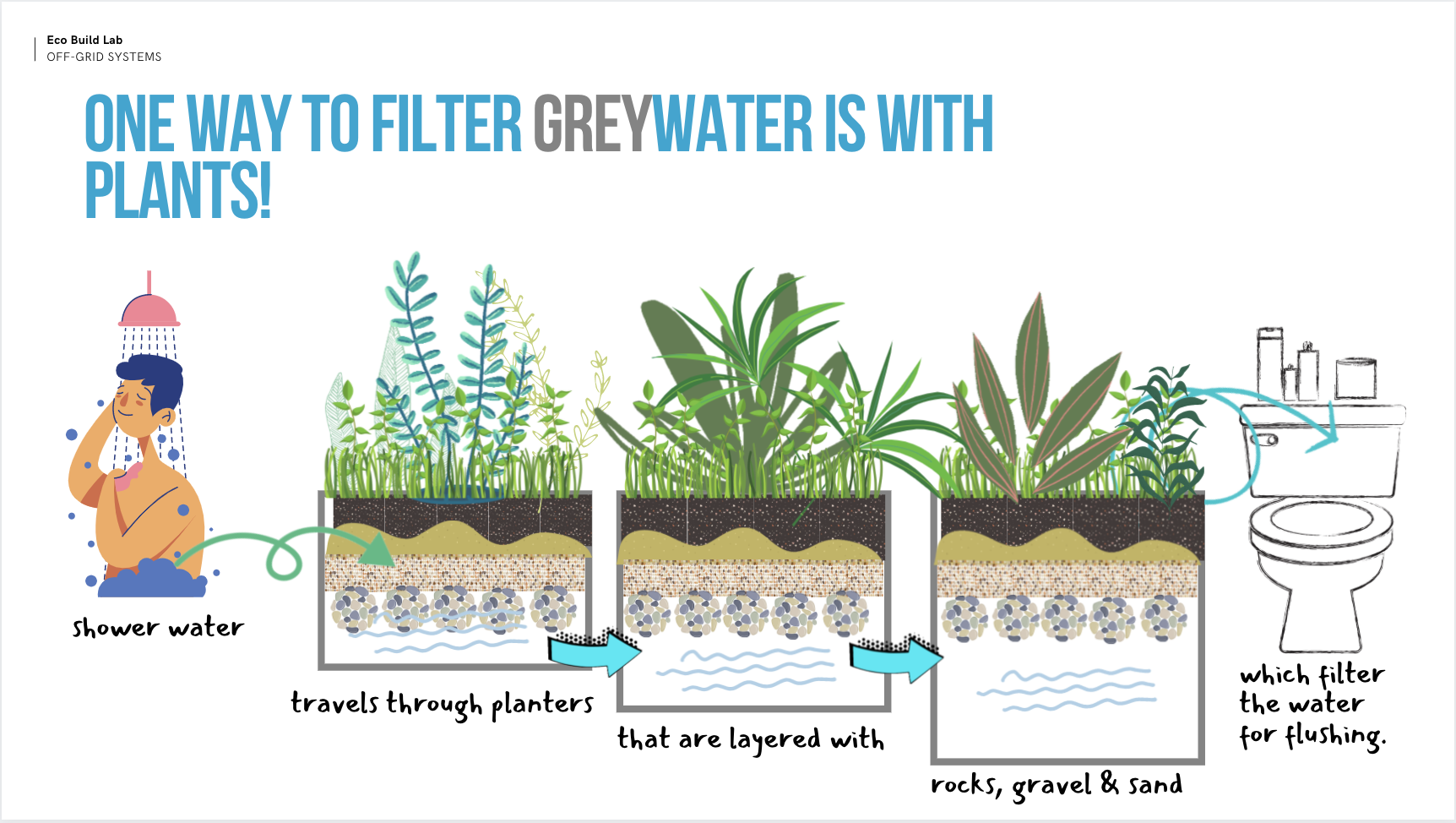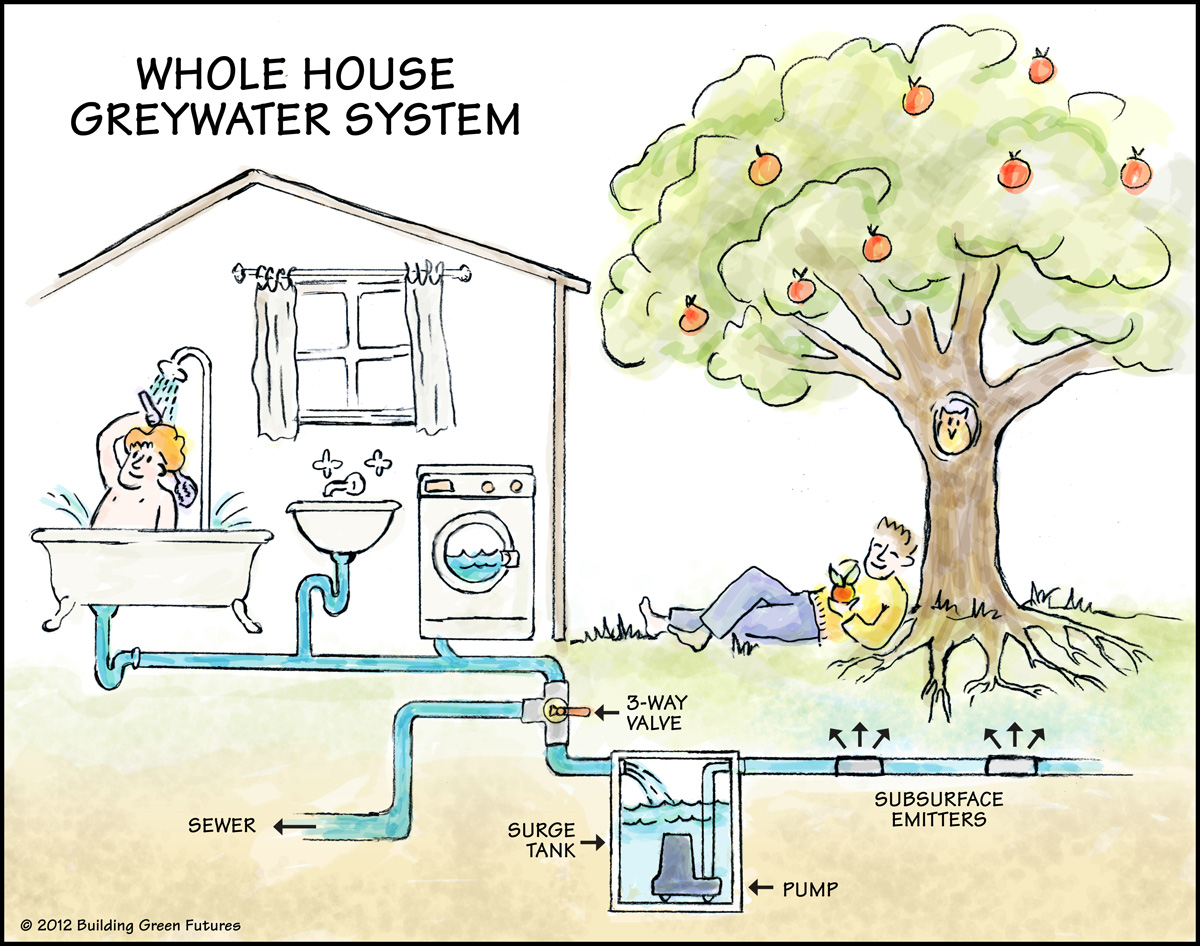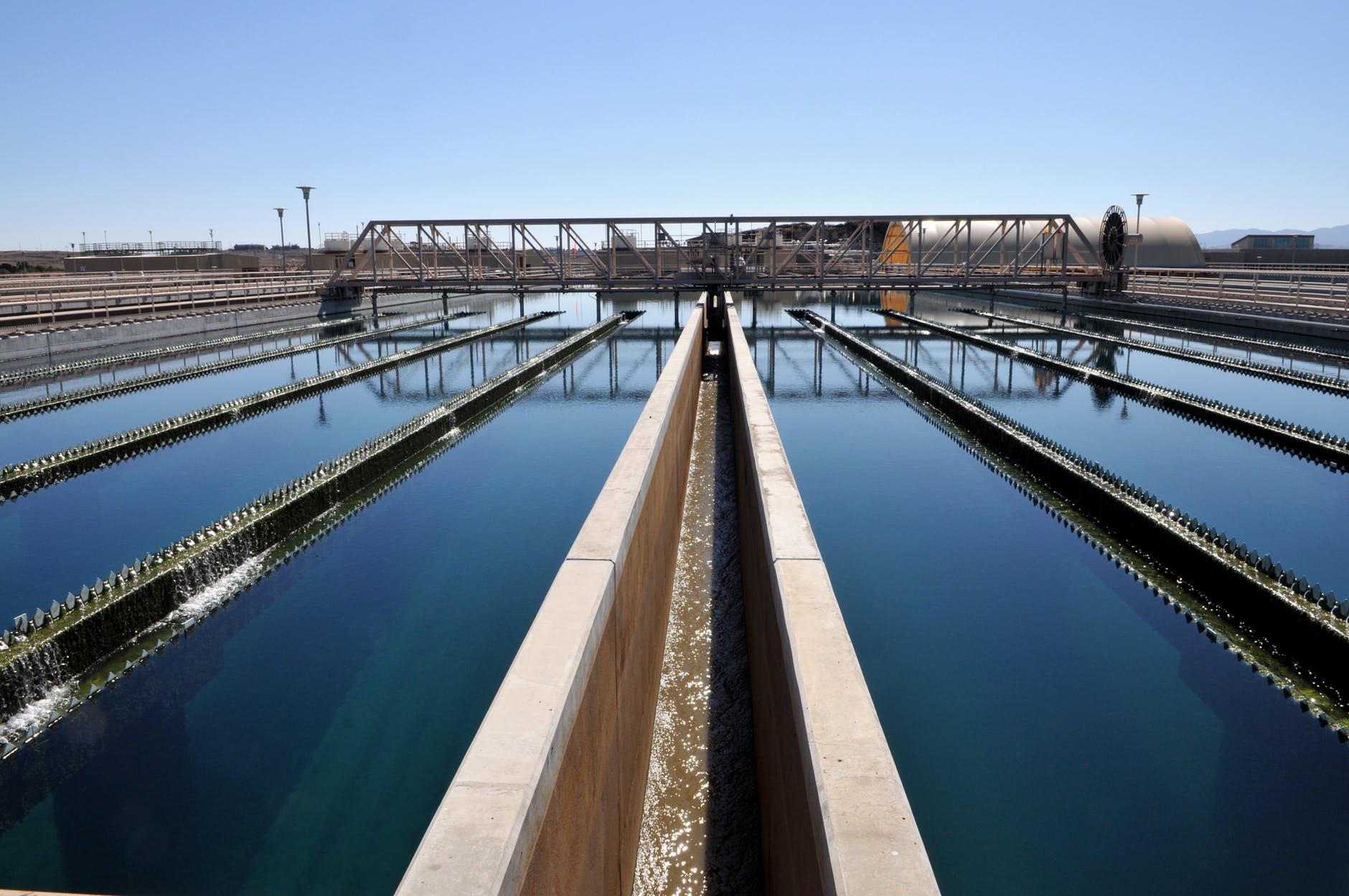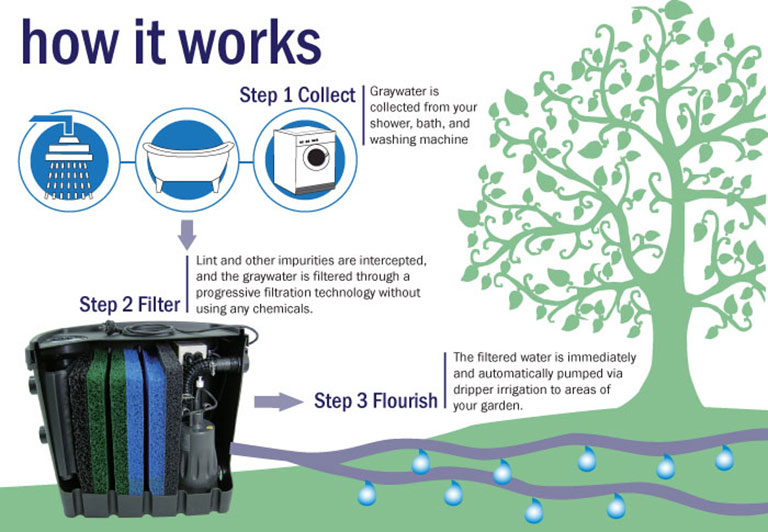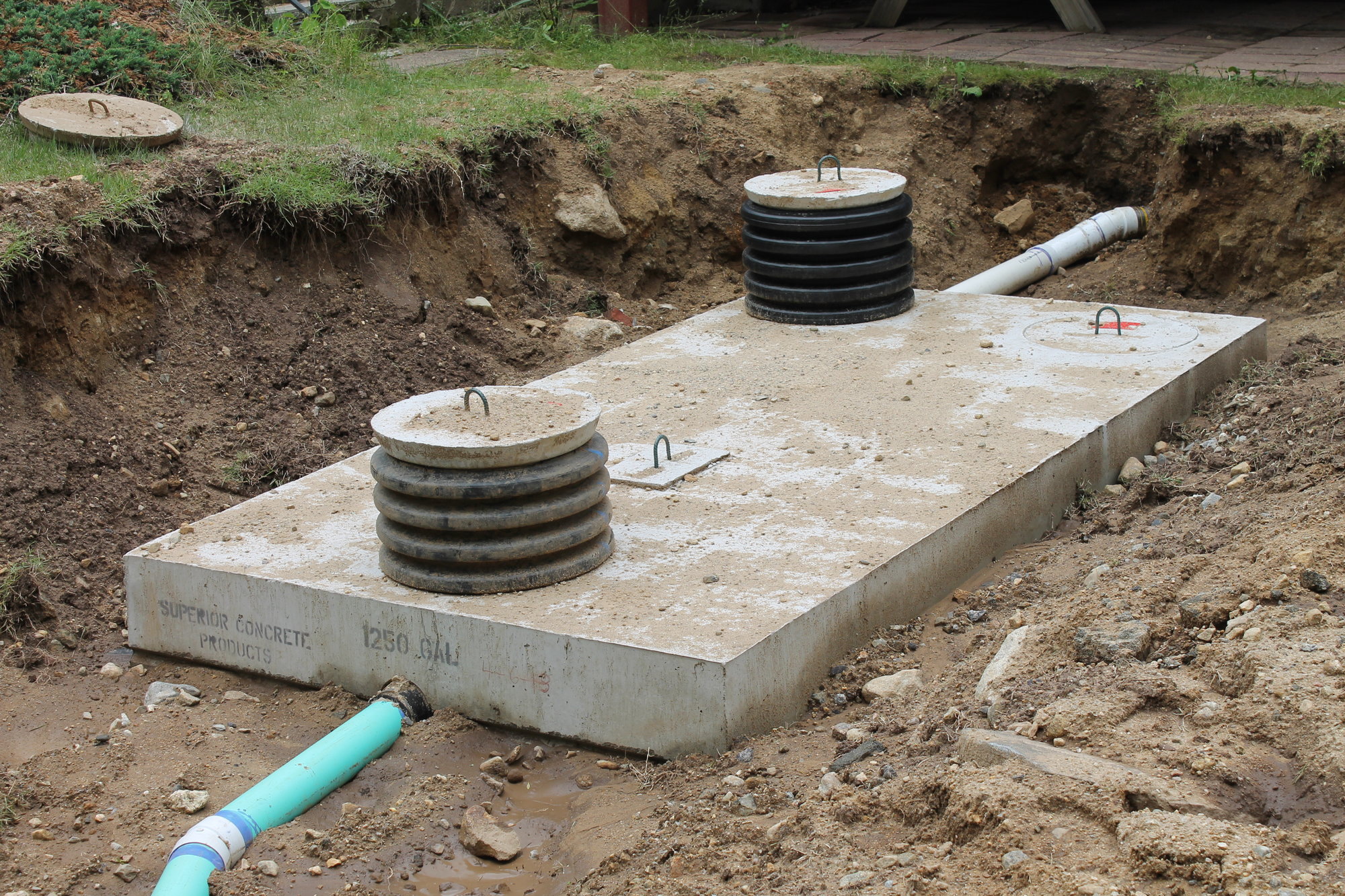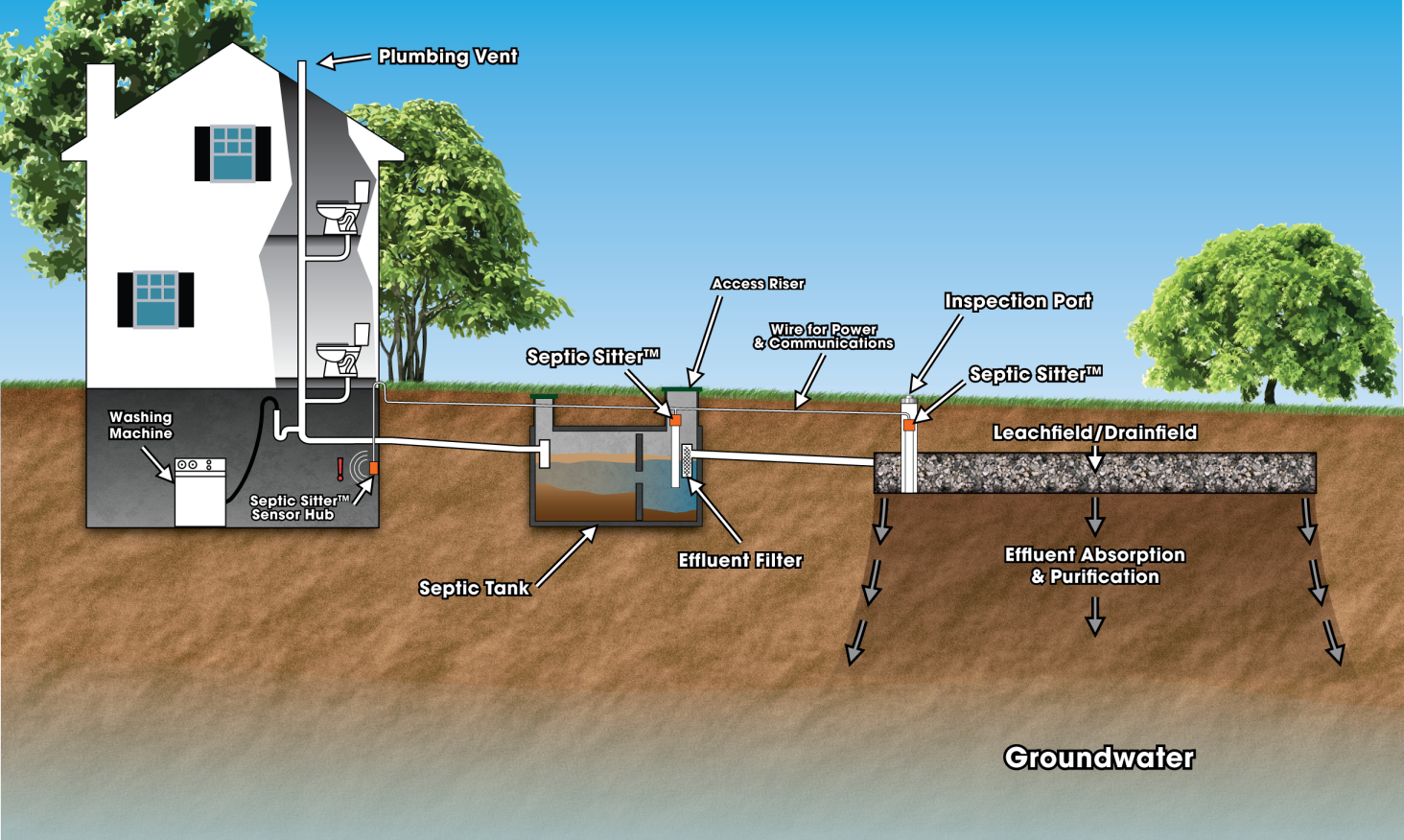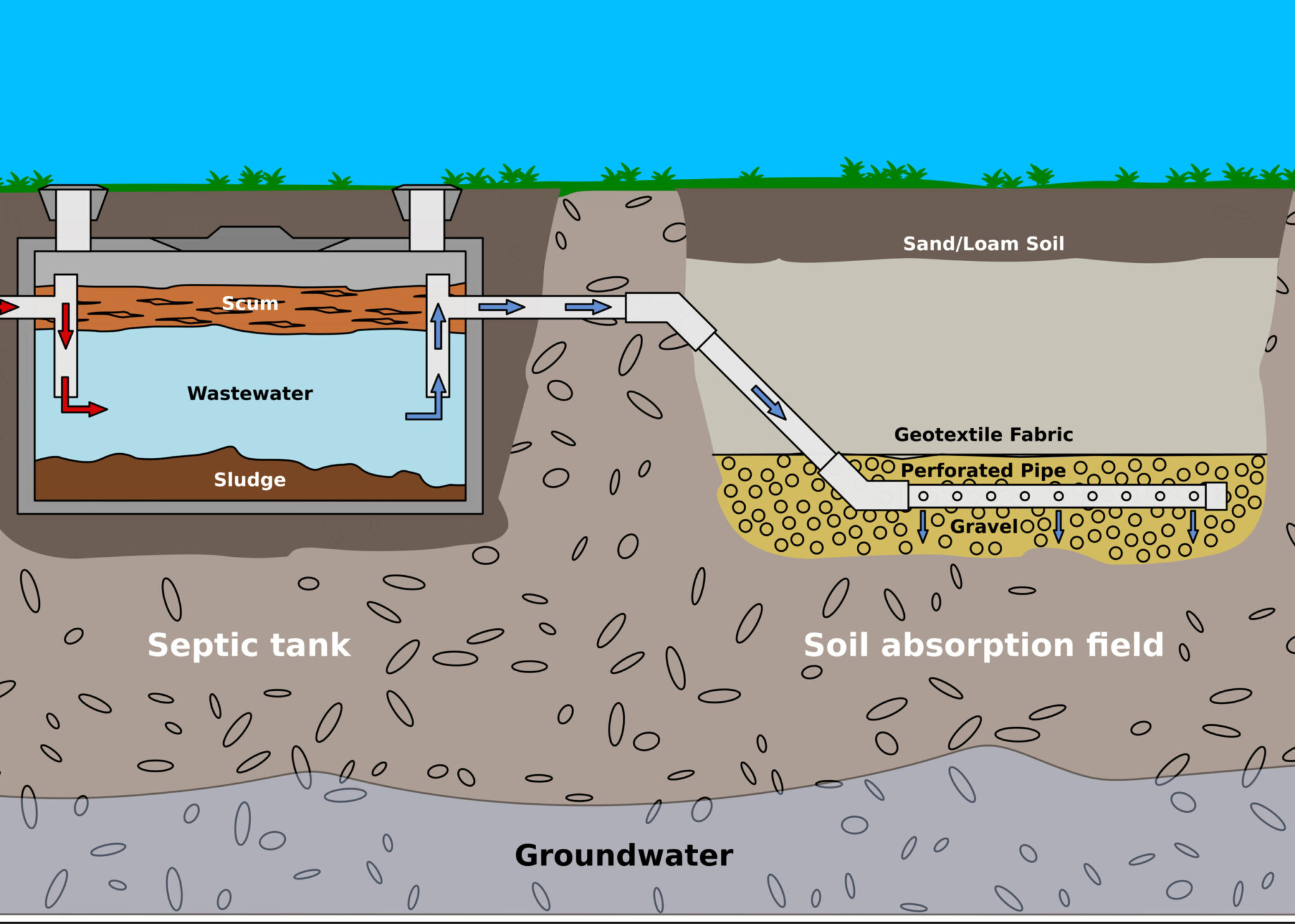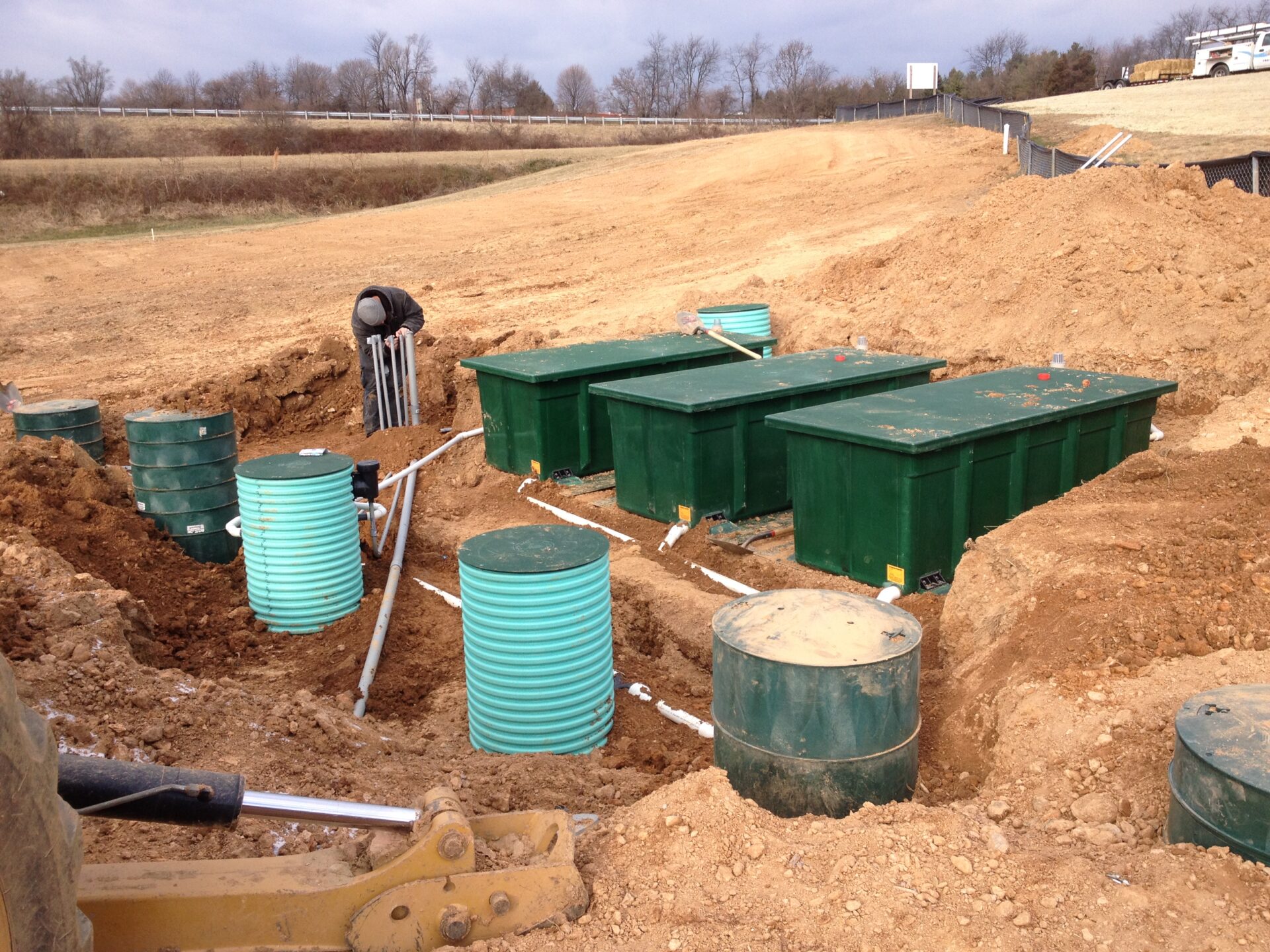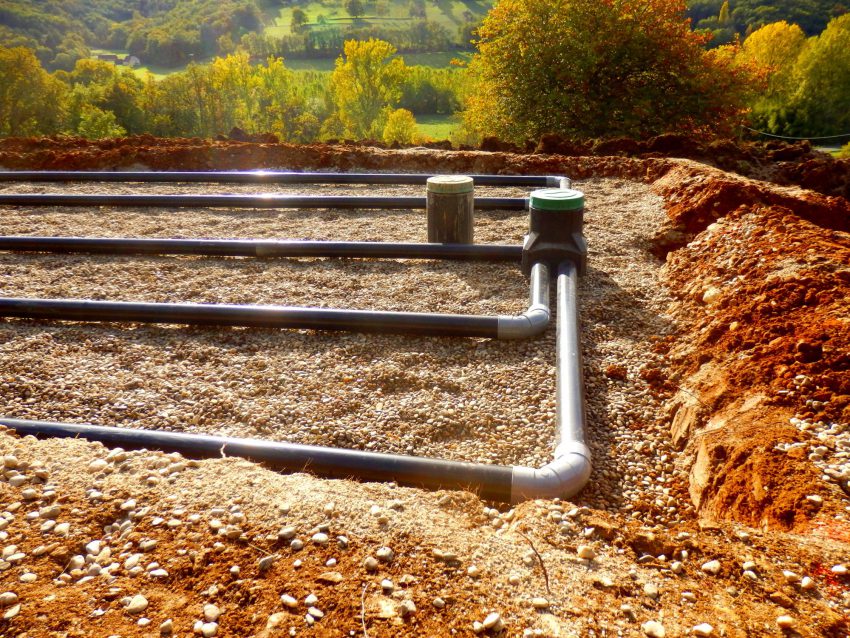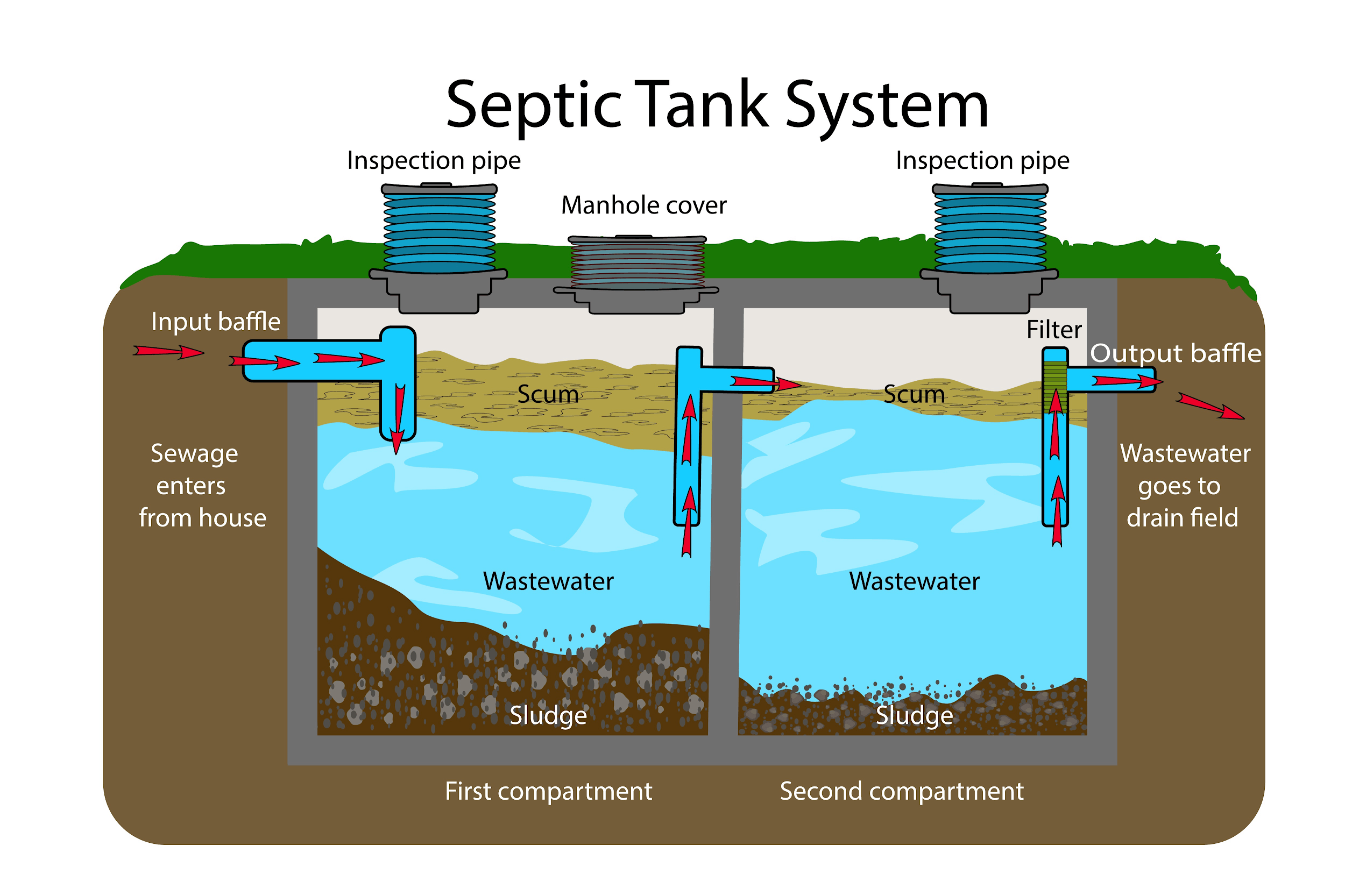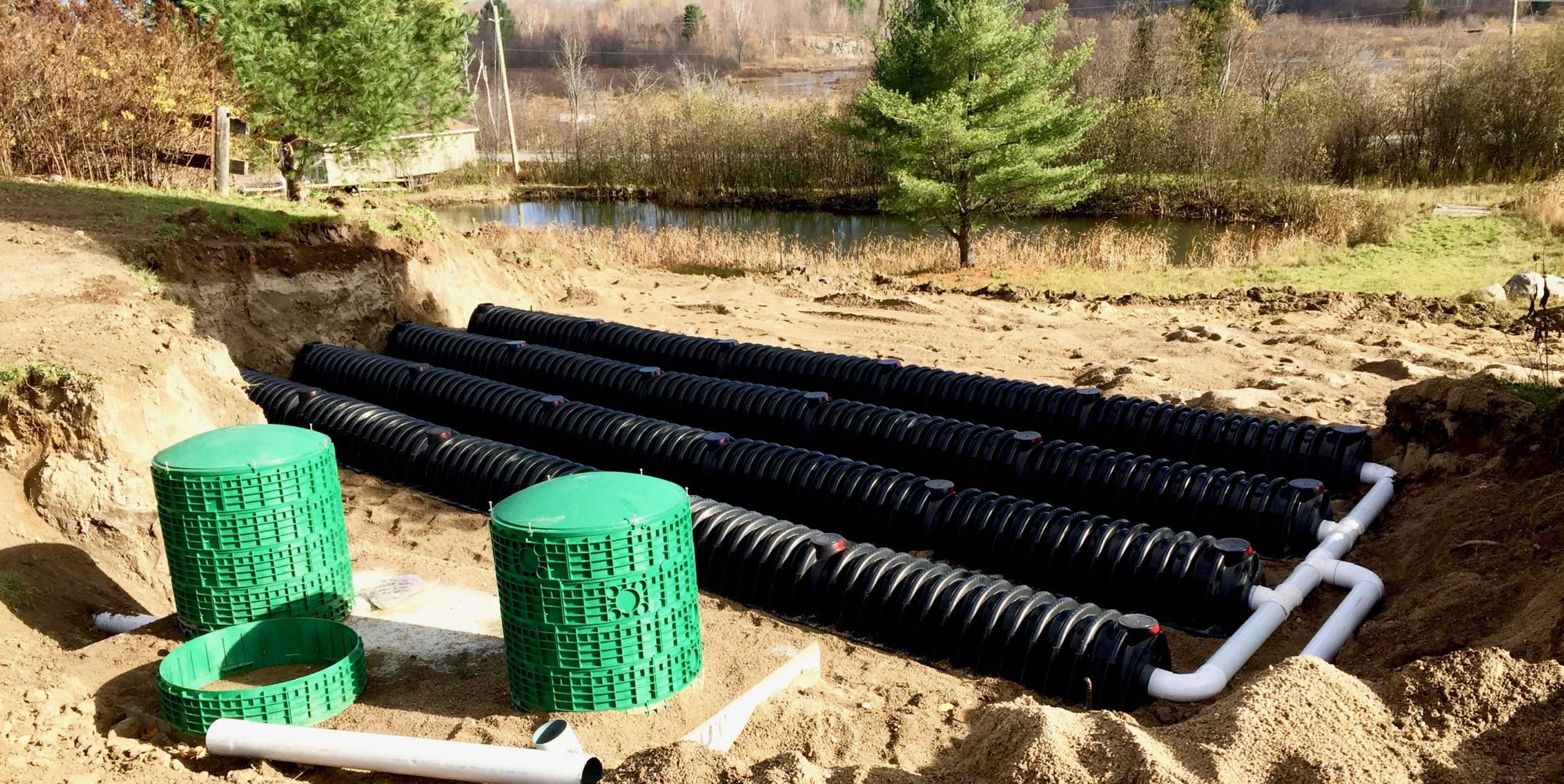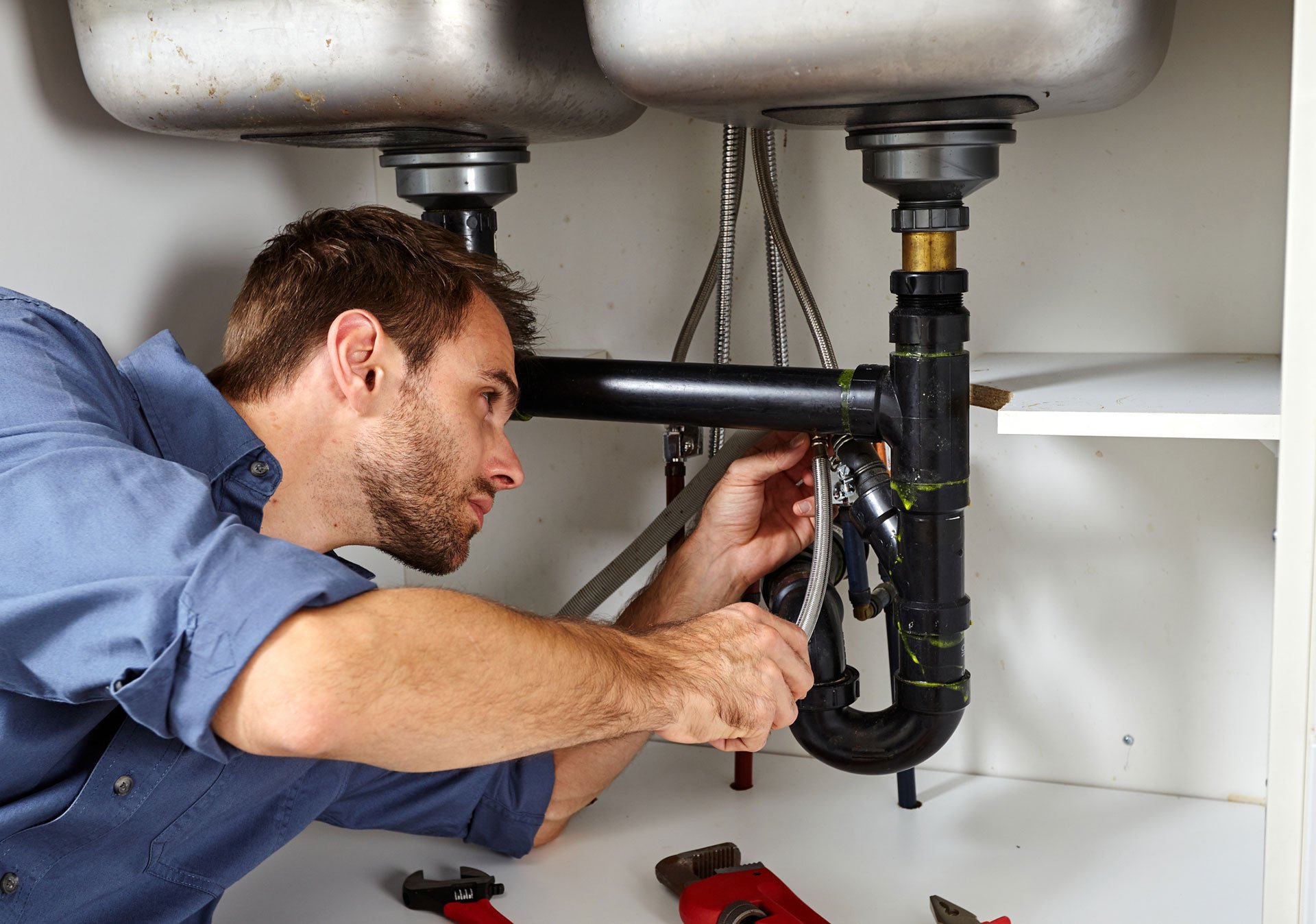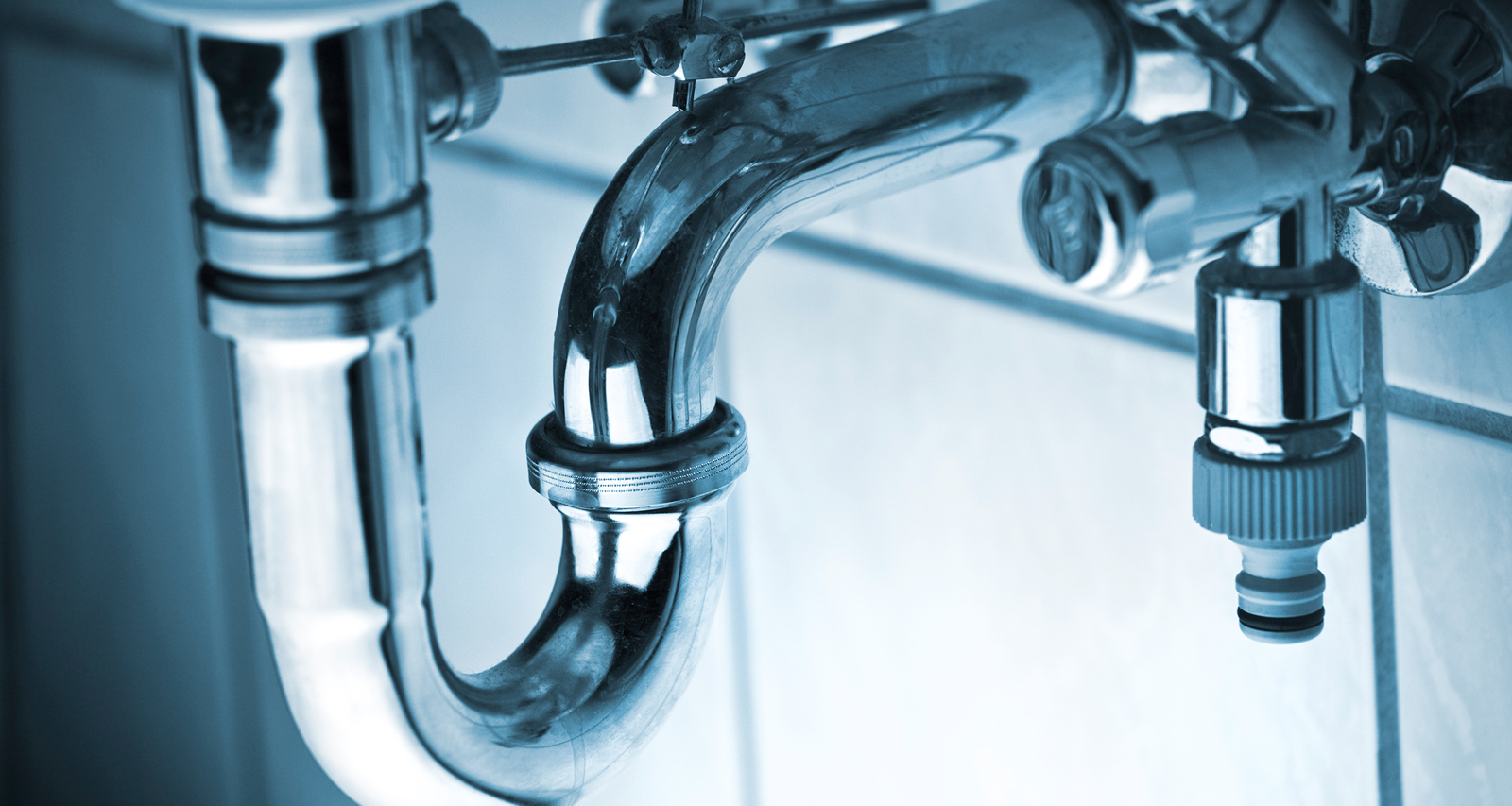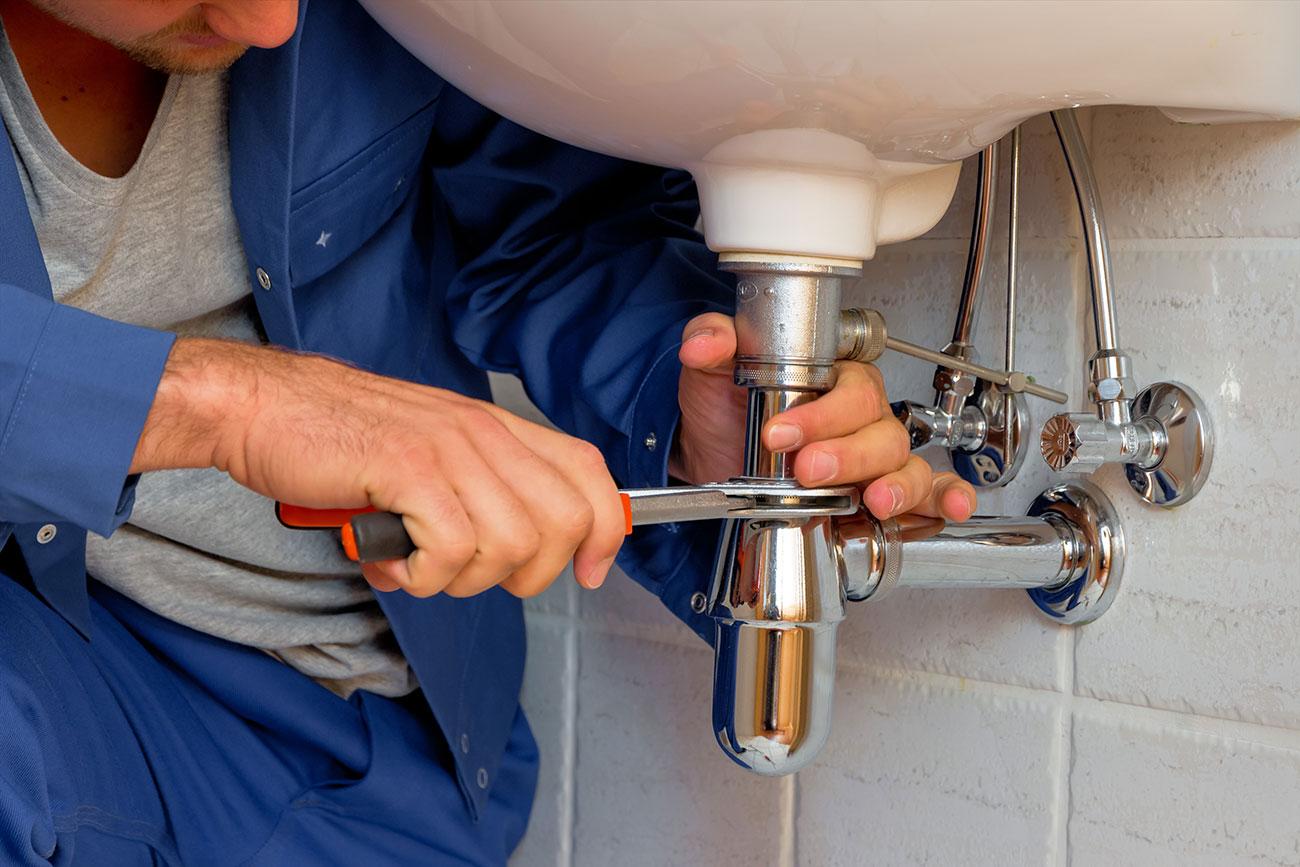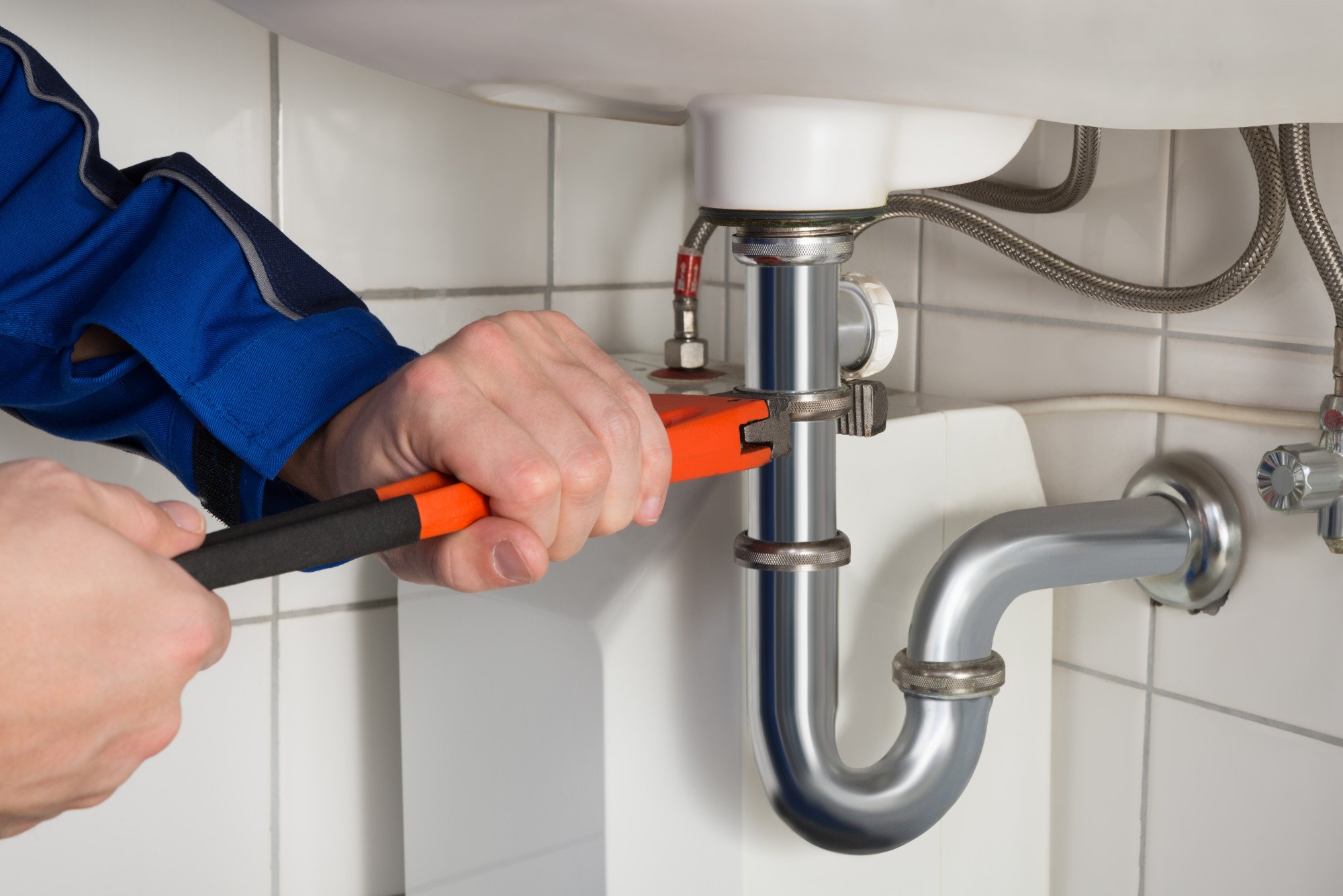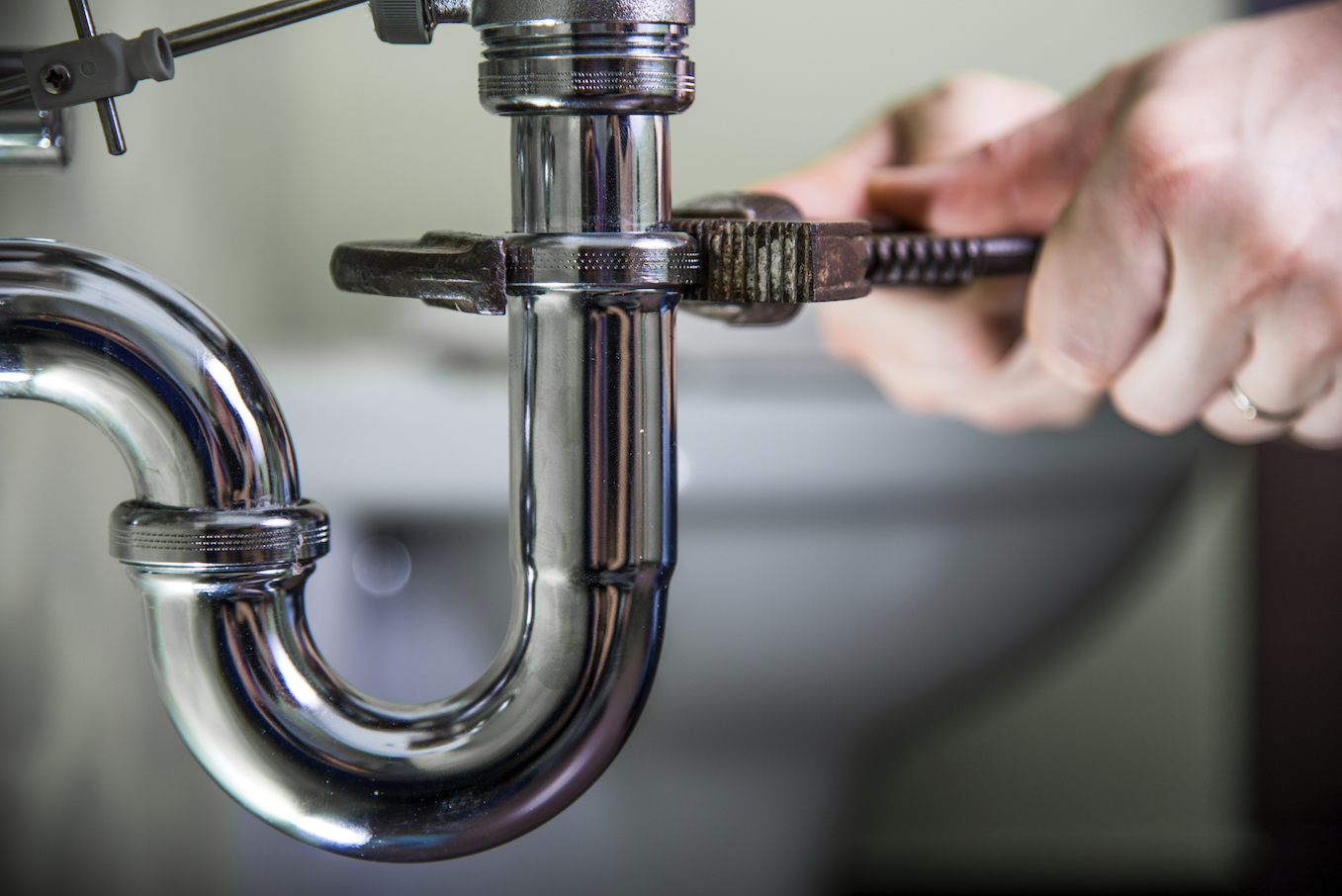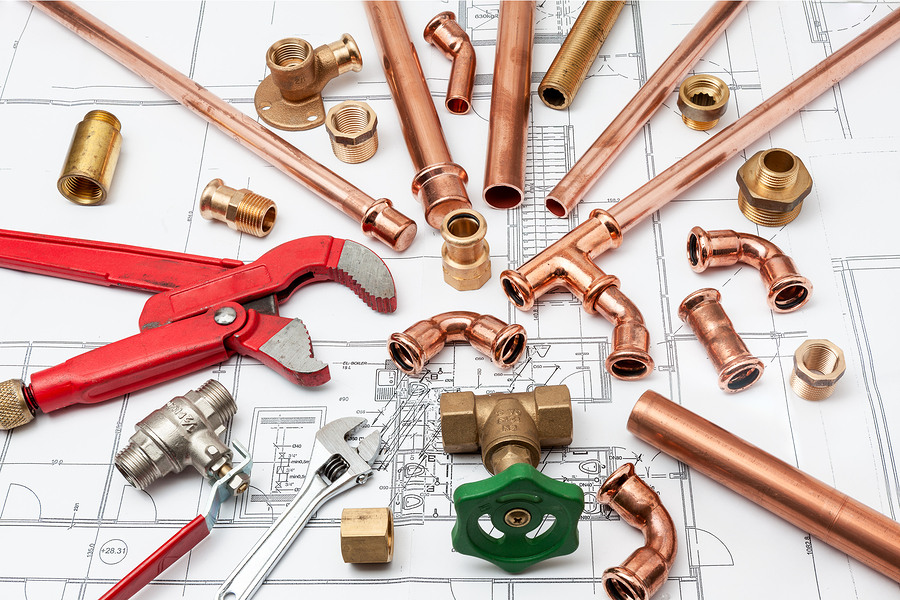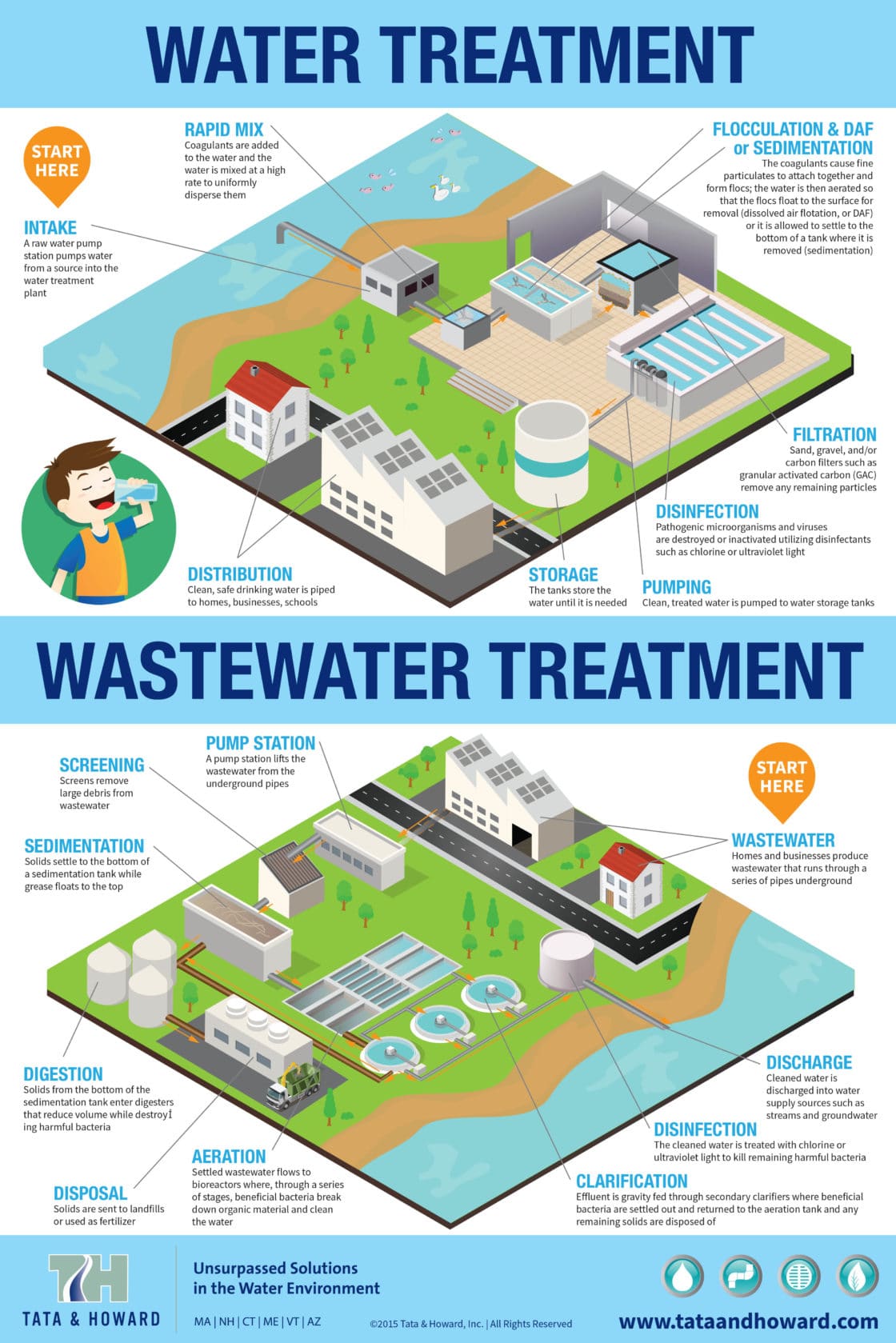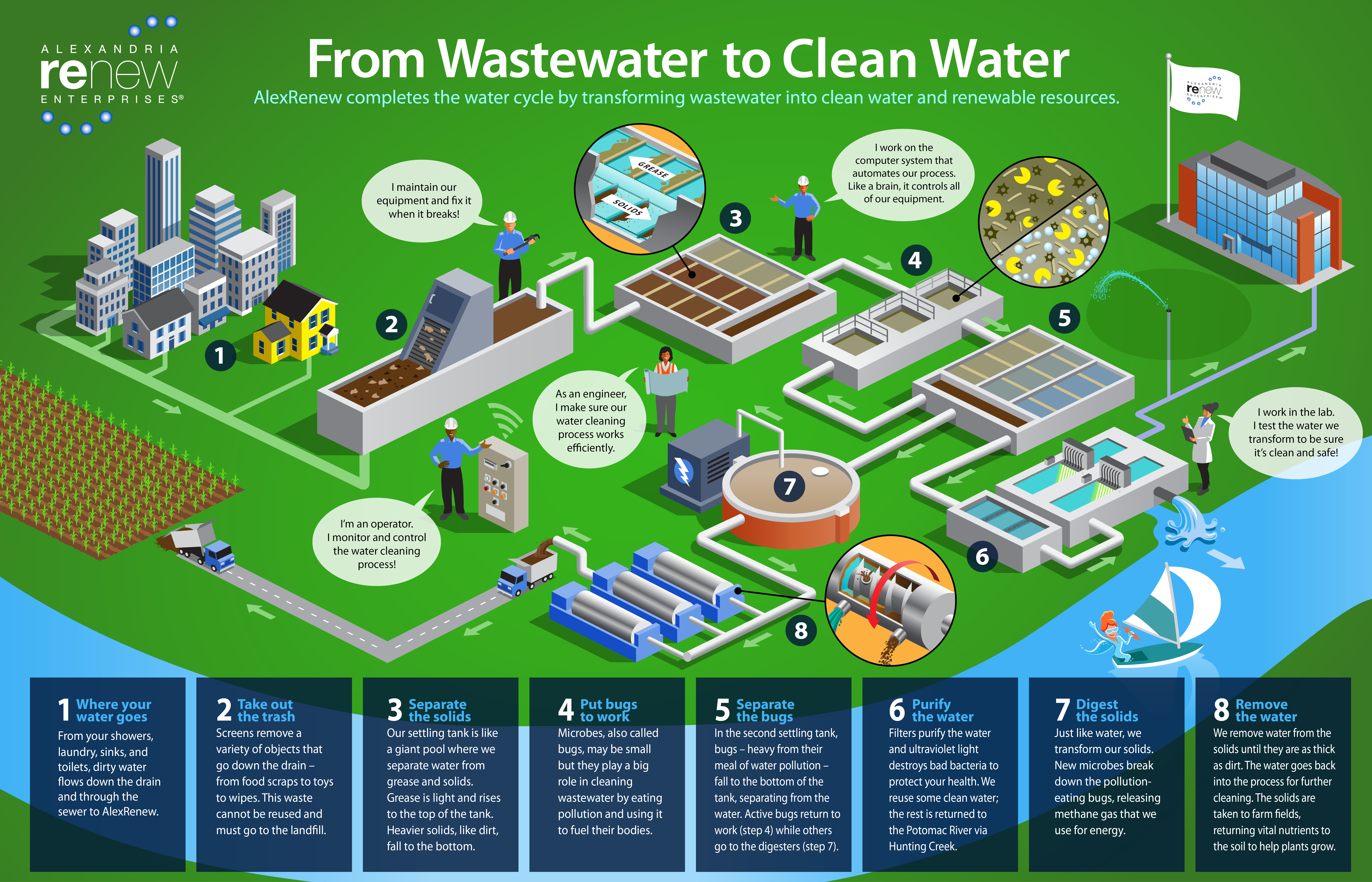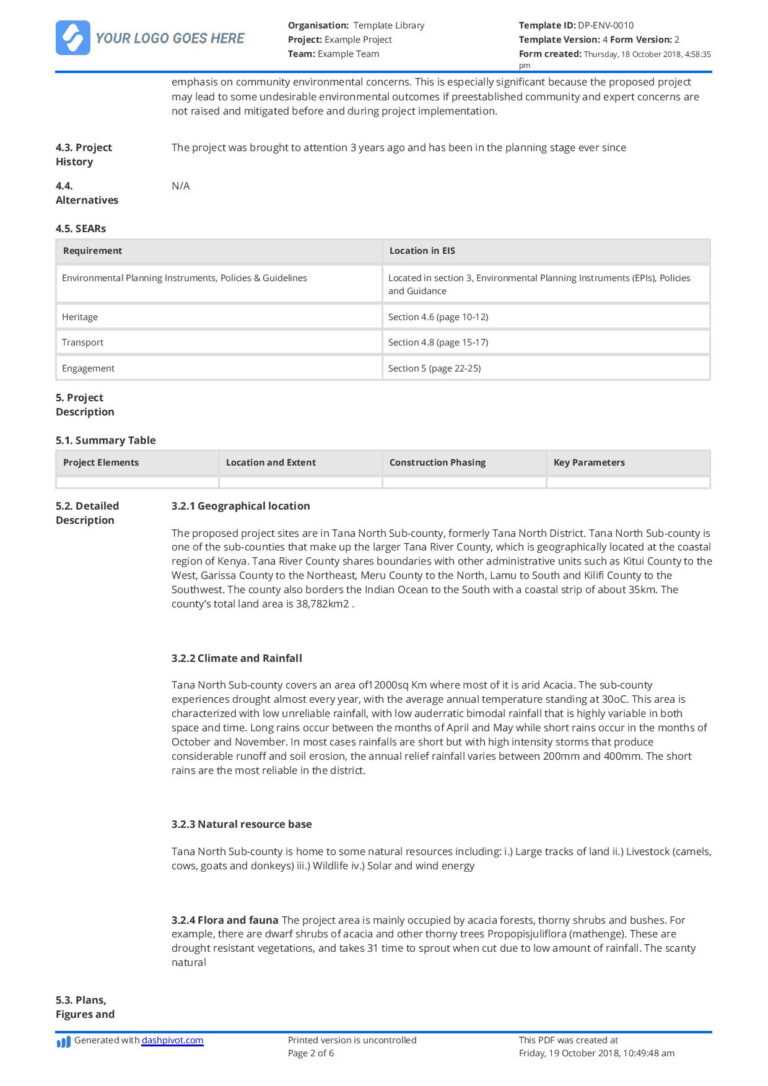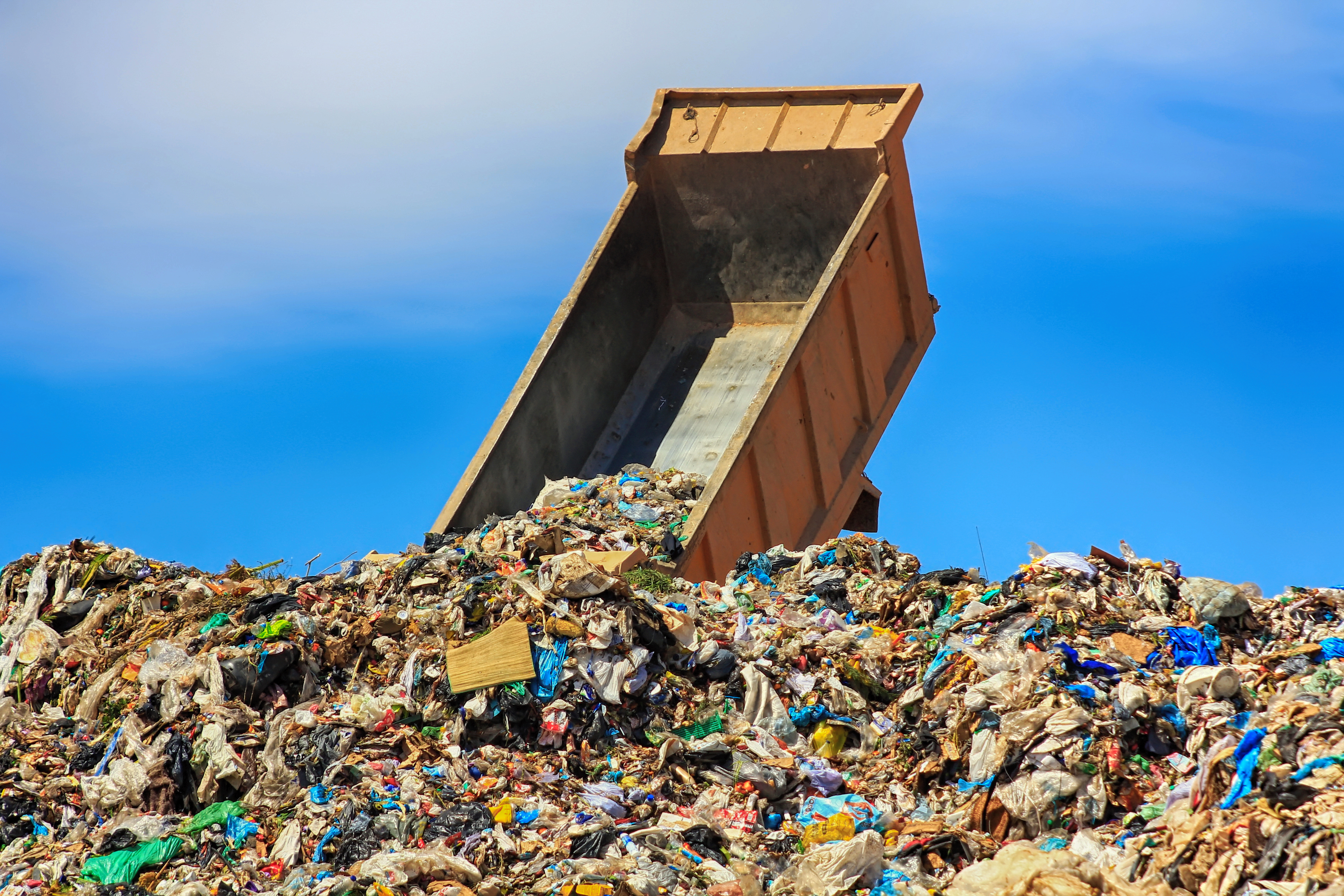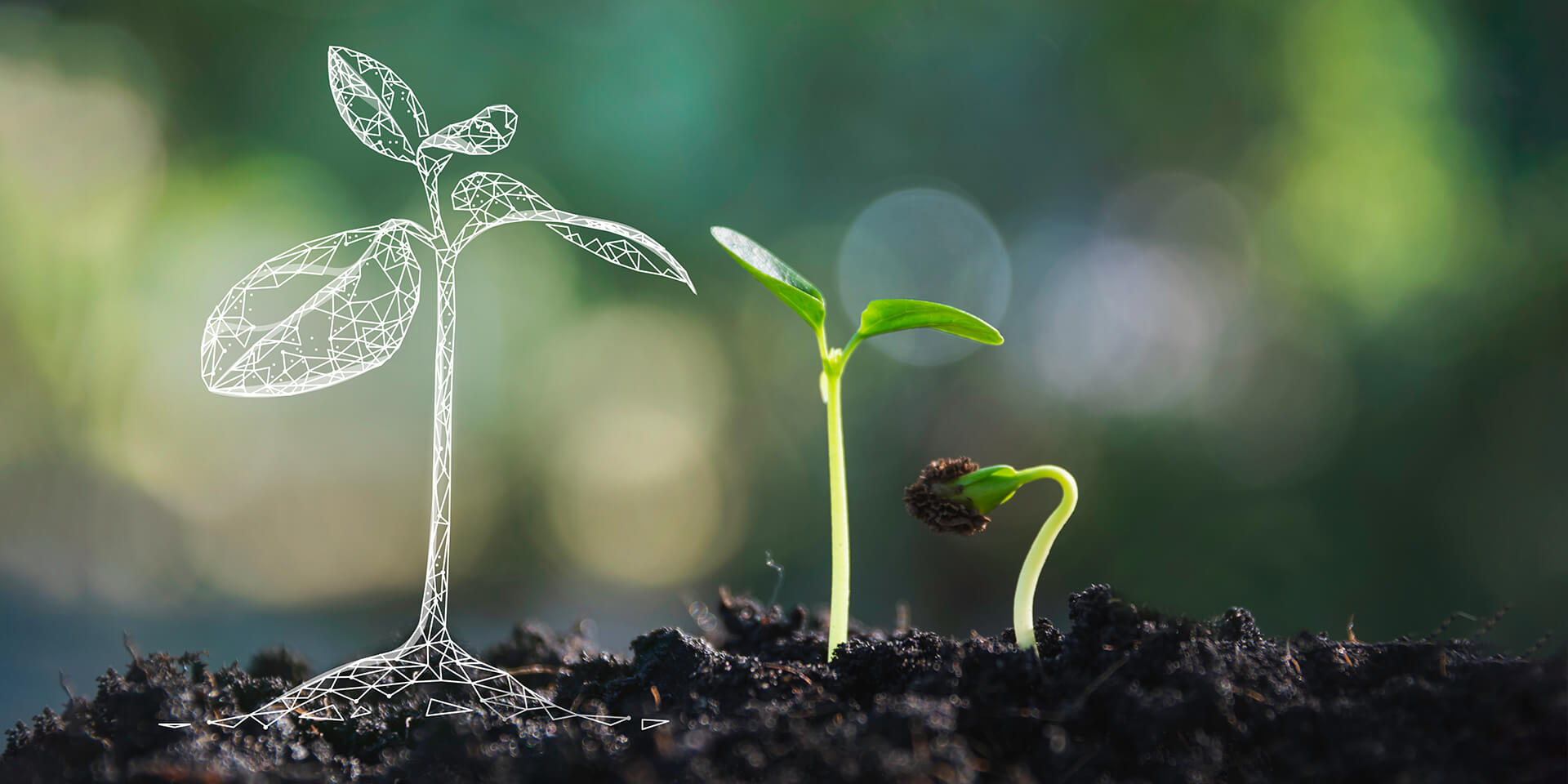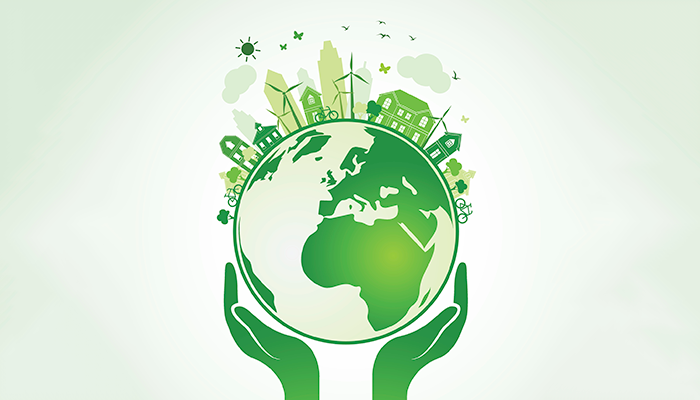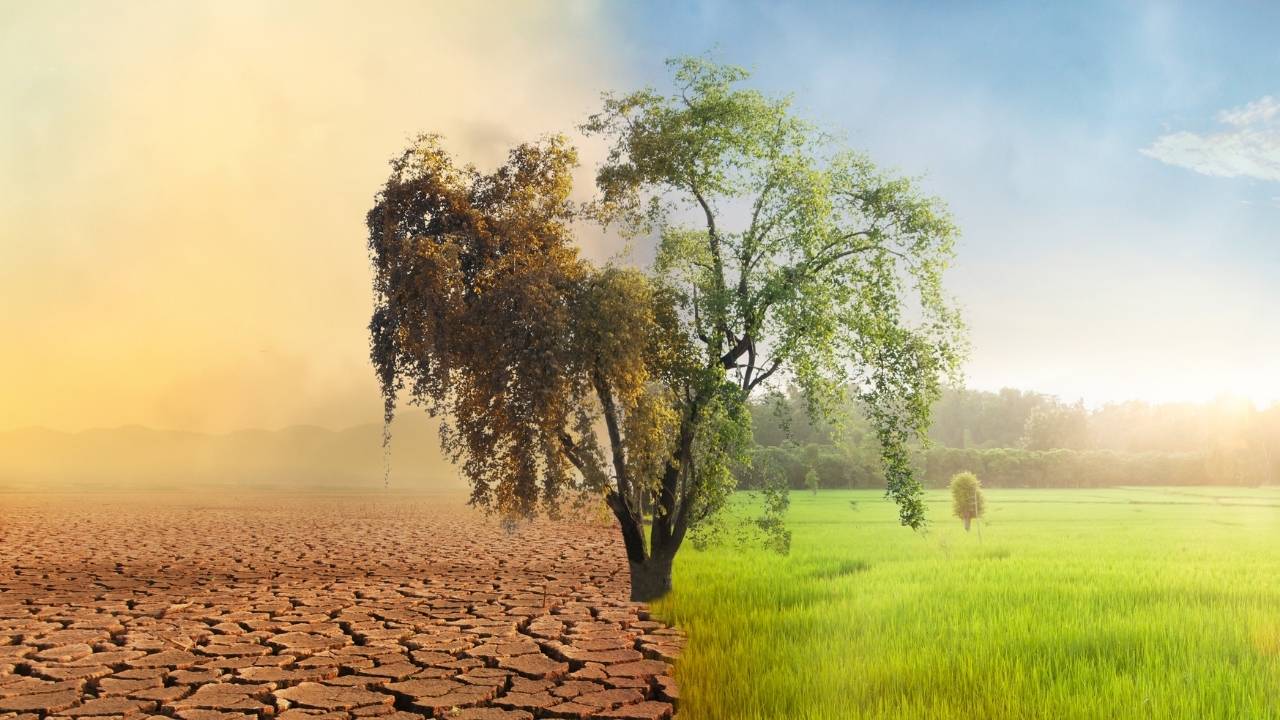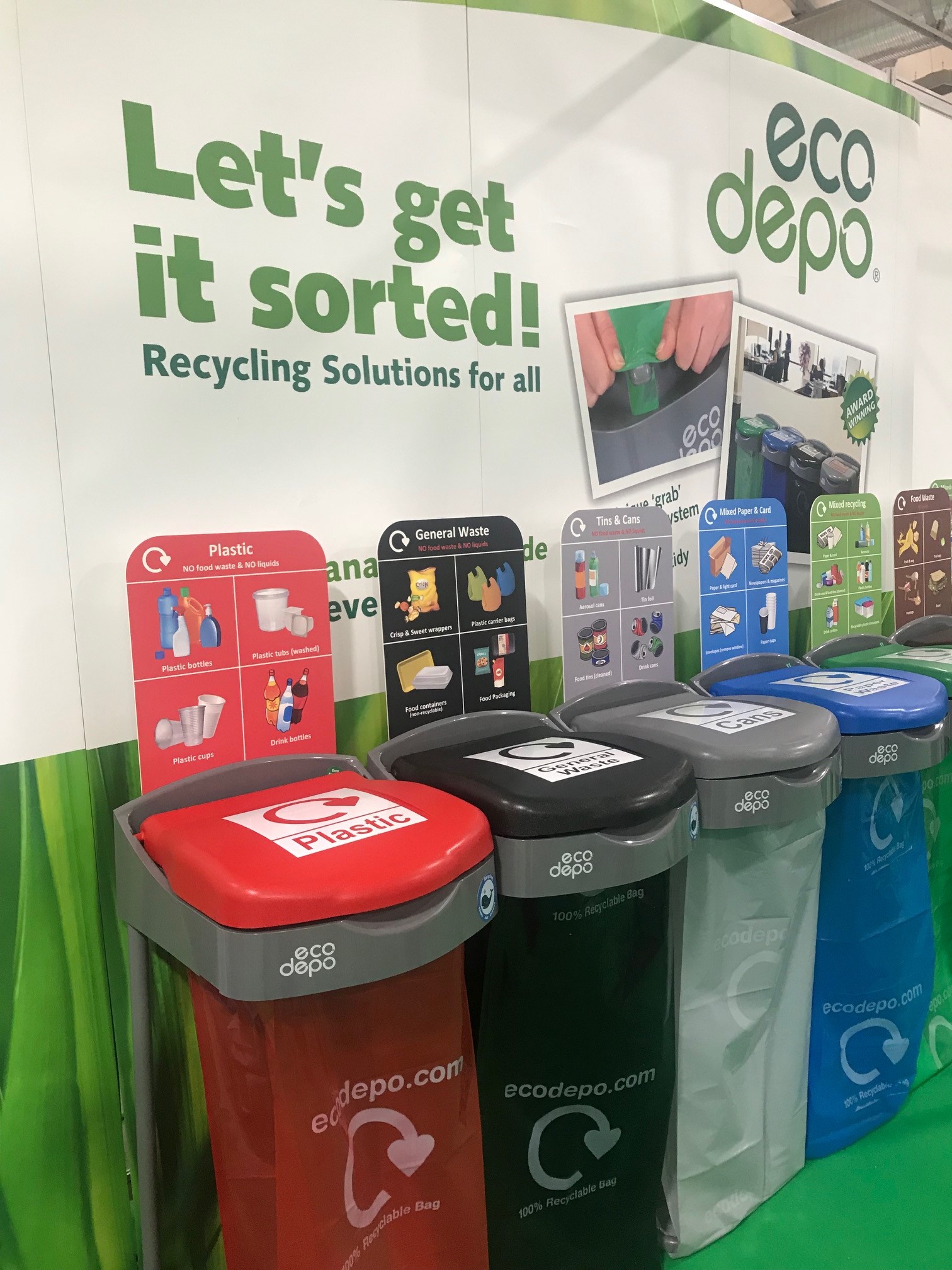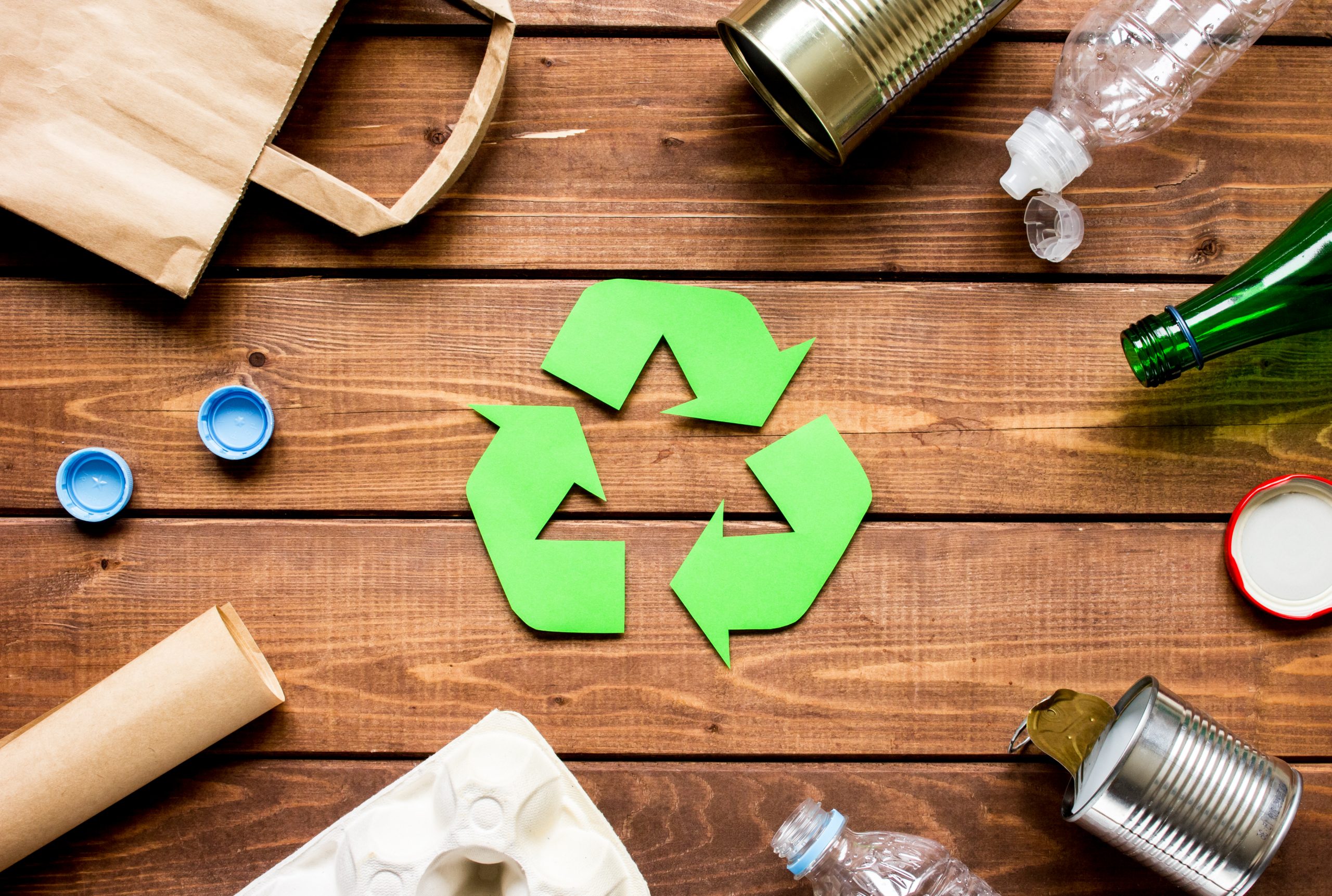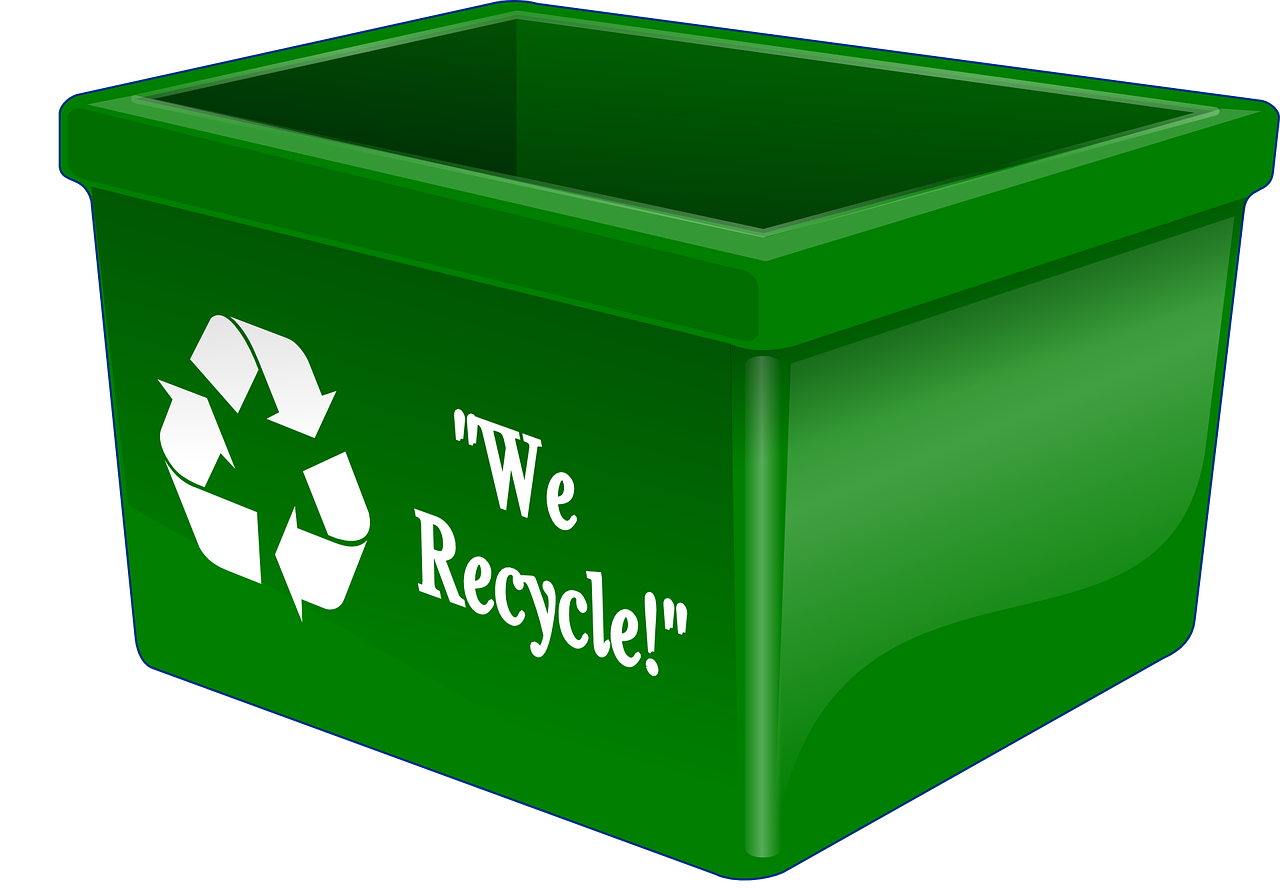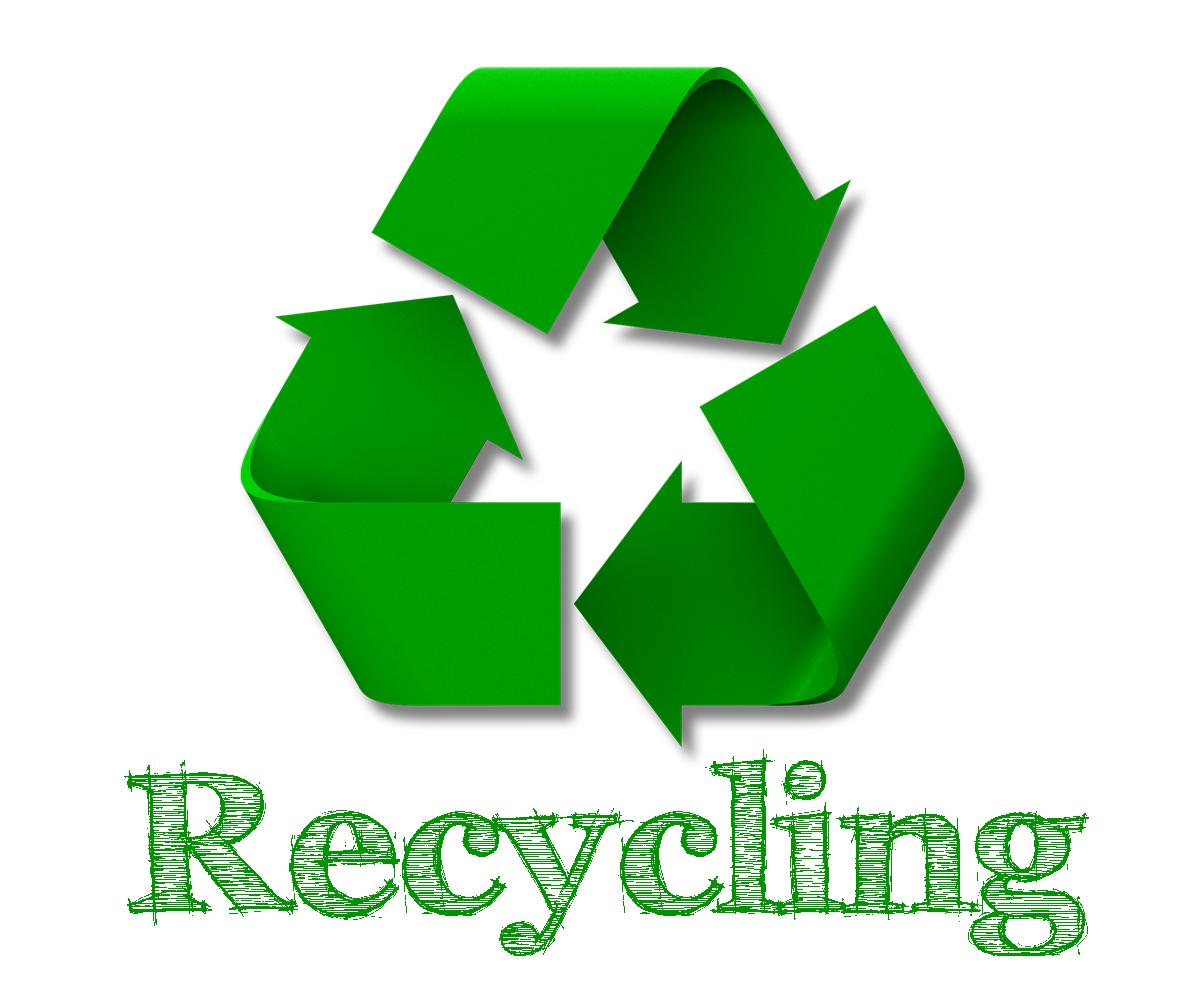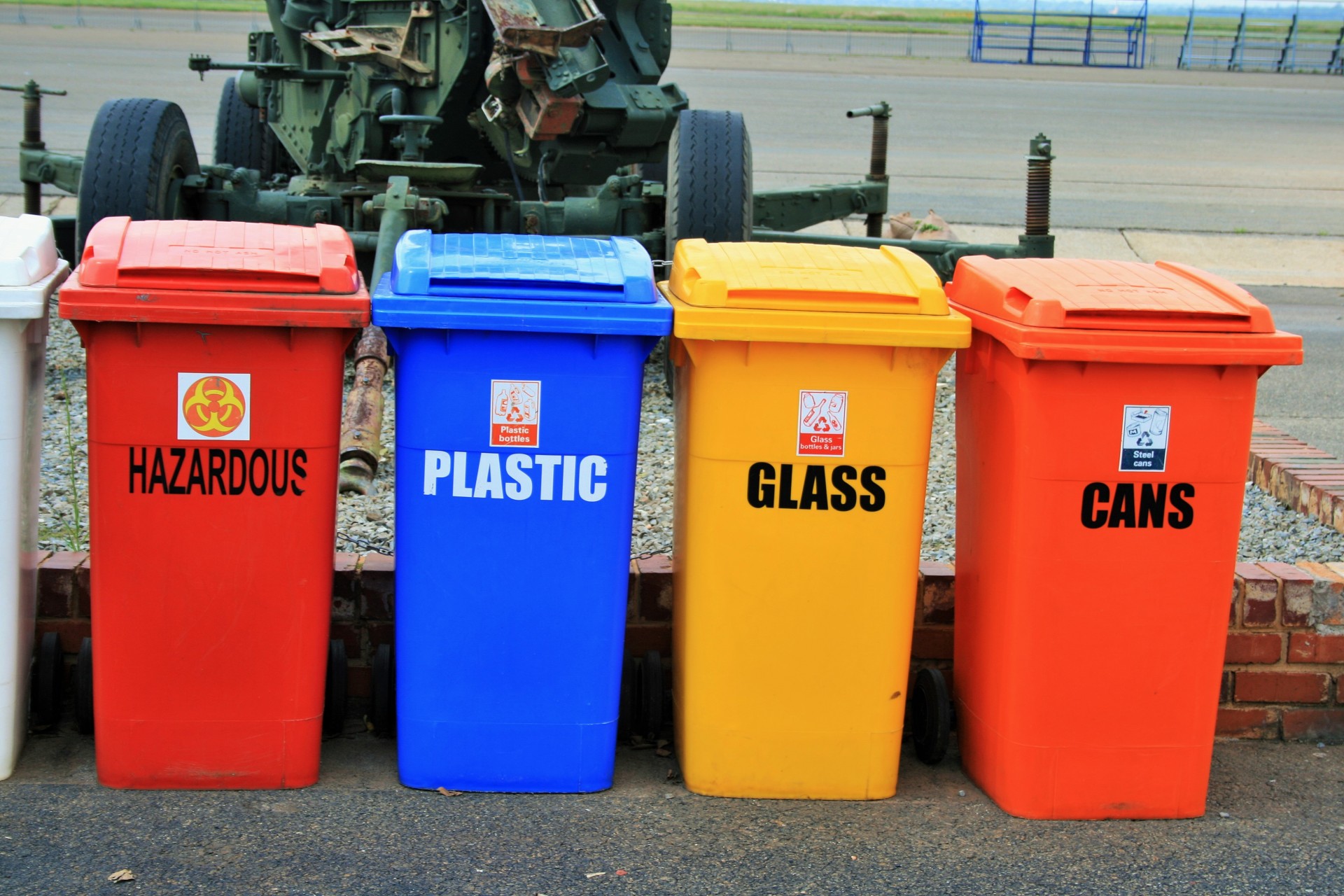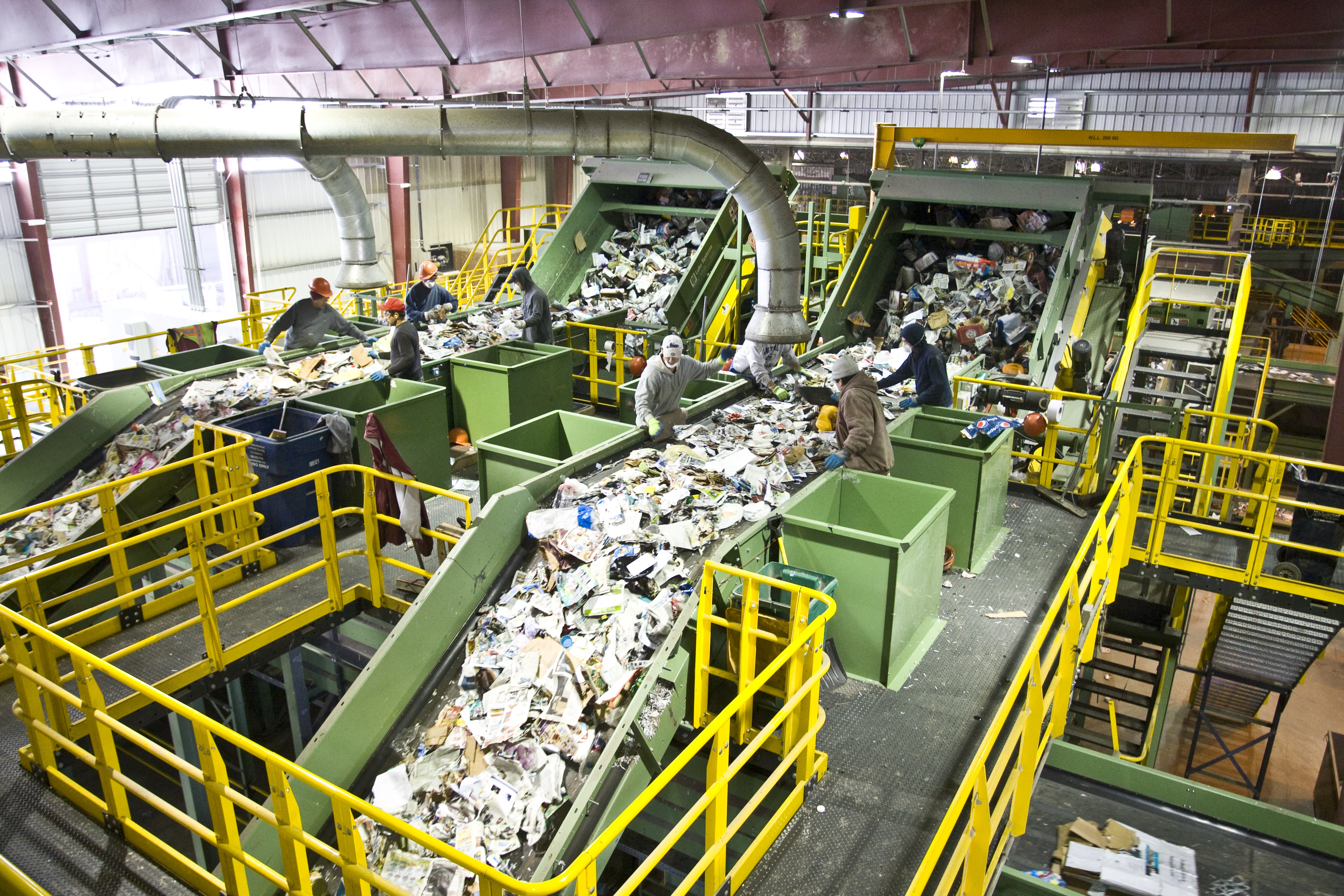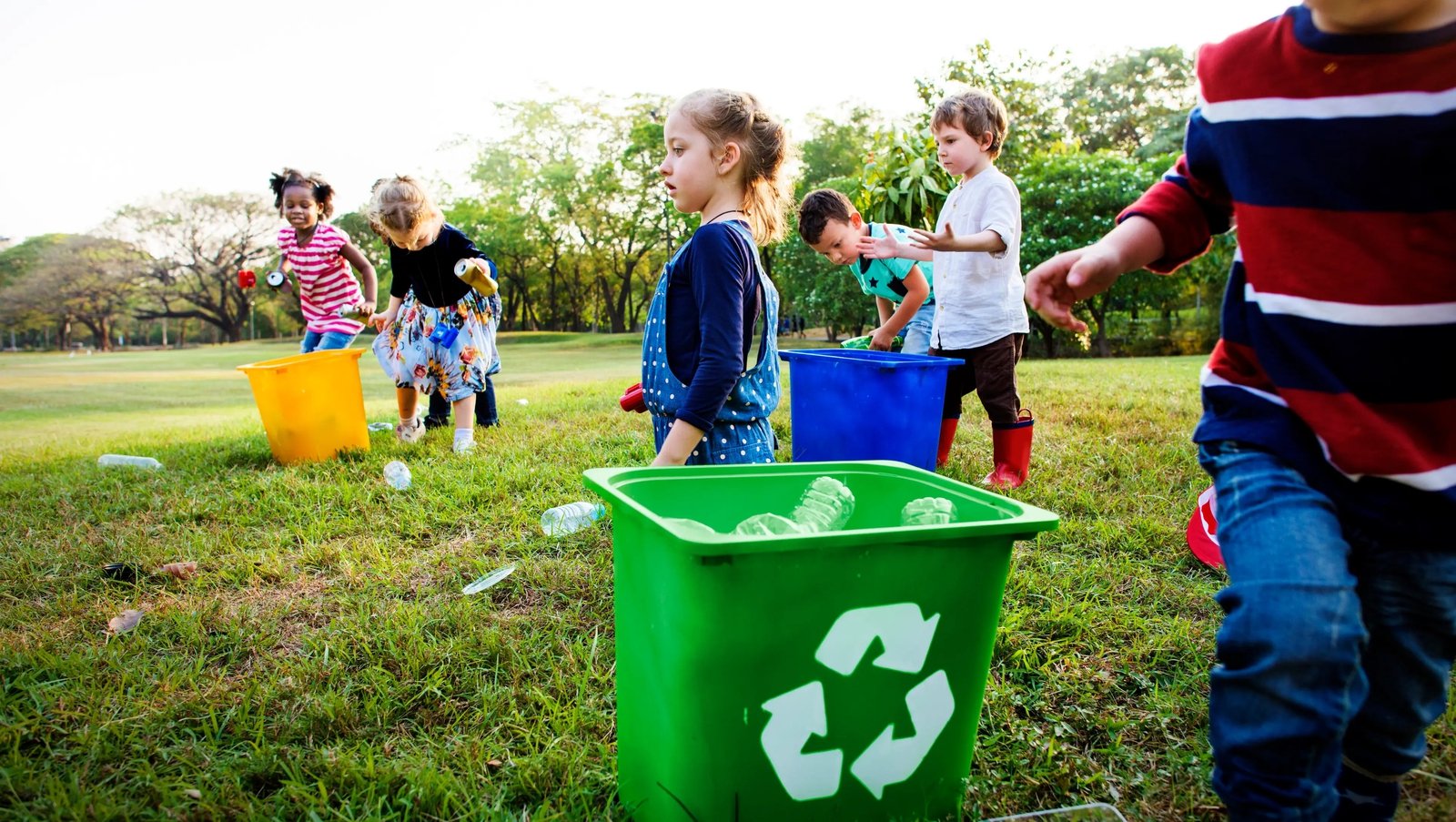Wastewater is a term that refers to any water that has been used and discarded, whether it is from a household or an industrial setting. This water contains a variety of pollutants and contaminants that can be harmful to both humans and the environment. In particular, wastewater from kitchen sinks can have a significant impact on the environment if not managed properly.1. Understanding Wastewater and its Impact on the Environment
The kitchen sink is one of the main contributors to wastewater production in households. Every time we use our sinks to wash dishes or food, or even to dispose of cooking oils and fats, we are adding to the amount of wastewater being generated. This water then goes down the drain and into the sewage system.2. The Role of the Kitchen Sink in Wastewater Production
Effective drainage systems are crucial in managing wastewater from kitchen sinks. These systems are responsible for collecting and transporting the water to treatment facilities. Clogs and blockages in drainage systems can lead to backups and overflow, causing potential health hazards and environmental damage.3. The Importance of Proper Drainage Systems
Wastewater from kitchen sinks, along with other sources, is treated in water treatment facilities before being released back into the environment. This process involves removing pollutants and contaminants from the water to make it safe for disposal. Proper water treatment is essential in preventing the spread of diseases and protecting the environment.4. Water Treatment and its Role in Wastewater Management
Greywater is a term used to describe wastewater that is generated from sources other than toilets. This includes water from sinks, showers, and washing machines. While this water may contain some pollutants, it can also be reused for purposes such as irrigation and toilet flushing.5. The Concept of Greywater and its Uses
In areas without access to a centralized sewage system, septic systems are used to treat and dispose of wastewater. These systems involve a tank buried underground that collects and breaks down solid waste, while allowing liquid waste to be released into the ground. Proper maintenance of septic systems is crucial in preventing groundwater contamination.6. The Role of Septic Systems in Managing Wastewater
Proper plumbing is essential in managing wastewater from kitchen sinks. Poorly installed or maintained plumbing systems can lead to leaks and contamination of the surrounding environment. Regular maintenance and repairs can help prevent these issues and ensure that wastewater is properly collected and disposed of.7. The Importance of Proper Plumbing in Wastewater Management
Effective wastewater management is crucial in protecting both human health and the environment. Improper handling of wastewater can lead to the spread of diseases and contamination of water sources, harming both humans and wildlife. It is essential for individuals and communities to take responsibility for managing their wastewater properly.8. The Need for Effective Wastewater Management
When wastewater is not managed effectively, it can have severe consequences on the environment. Pollutants and contaminants in the water can harm aquatic life and disrupt ecosystems. Additionally, wastewater can seep into groundwater and contaminate drinking water sources, posing a significant threat to human health.9. The Environmental Impact of Improperly Managed Wastewater
One way to lessen the impact of wastewater from kitchen sinks is to reduce its production. This can be achieved through simple actions such as fixing leaks and using water-efficient appliances. Recycling greywater for non-potable purposes can also help reduce the amount of wastewater being generated. By taking these steps, we can all play a part in protecting the environment and preserving our precious water resources.10. The Importance of Recycling and Reducing Wastewater Production
The Importance of Properly Managing Wastewater from Kitchen Sink in House Design

Understanding the Impact of Wastewater from Kitchen Sink
 Proper wastewater management is crucial in any type of house design, and this includes the wastewater that comes from our kitchen sinks. While it may seem like a small and insignificant issue, the truth is that wastewater from kitchen sinks can have a significant impact on our environment and even our health if not managed properly.
Wastewater
is the used water that comes from our daily activities such as washing dishes, fruits, and vegetables, and even cooking. This water contains a variety of substances, including food particles, grease, oil, and chemicals from cleaning products. When this wastewater is not disposed of properly, it can cause a range of problems.
Proper wastewater management is crucial in any type of house design, and this includes the wastewater that comes from our kitchen sinks. While it may seem like a small and insignificant issue, the truth is that wastewater from kitchen sinks can have a significant impact on our environment and even our health if not managed properly.
Wastewater
is the used water that comes from our daily activities such as washing dishes, fruits, and vegetables, and even cooking. This water contains a variety of substances, including food particles, grease, oil, and chemicals from cleaning products. When this wastewater is not disposed of properly, it can cause a range of problems.
The Consequences of Improperly Managing Wastewater from Kitchen Sink
/how-to-install-a-sink-drain-2718789-hero-24e898006ed94c9593a2a268b57989a3.jpg) One of the main consequences of not managing wastewater from kitchen sinks correctly is
water pollution
. The substances found in this wastewater can contaminate our water sources, making it unsafe for both humans and wildlife. This can lead to serious health issues and can also harm the ecosystem.
Additionally, improper disposal of wastewater can also
cause clogs and blockages
in our sewage systems. The food particles, grease, and oil can build up in the pipes, causing them to become clogged and potentially leading to expensive repairs. This not only affects our homes but also the entire community's sewage system.
One of the main consequences of not managing wastewater from kitchen sinks correctly is
water pollution
. The substances found in this wastewater can contaminate our water sources, making it unsafe for both humans and wildlife. This can lead to serious health issues and can also harm the ecosystem.
Additionally, improper disposal of wastewater can also
cause clogs and blockages
in our sewage systems. The food particles, grease, and oil can build up in the pipes, causing them to become clogged and potentially leading to expensive repairs. This not only affects our homes but also the entire community's sewage system.
The Solution: Proper Wastewater Management in House Design
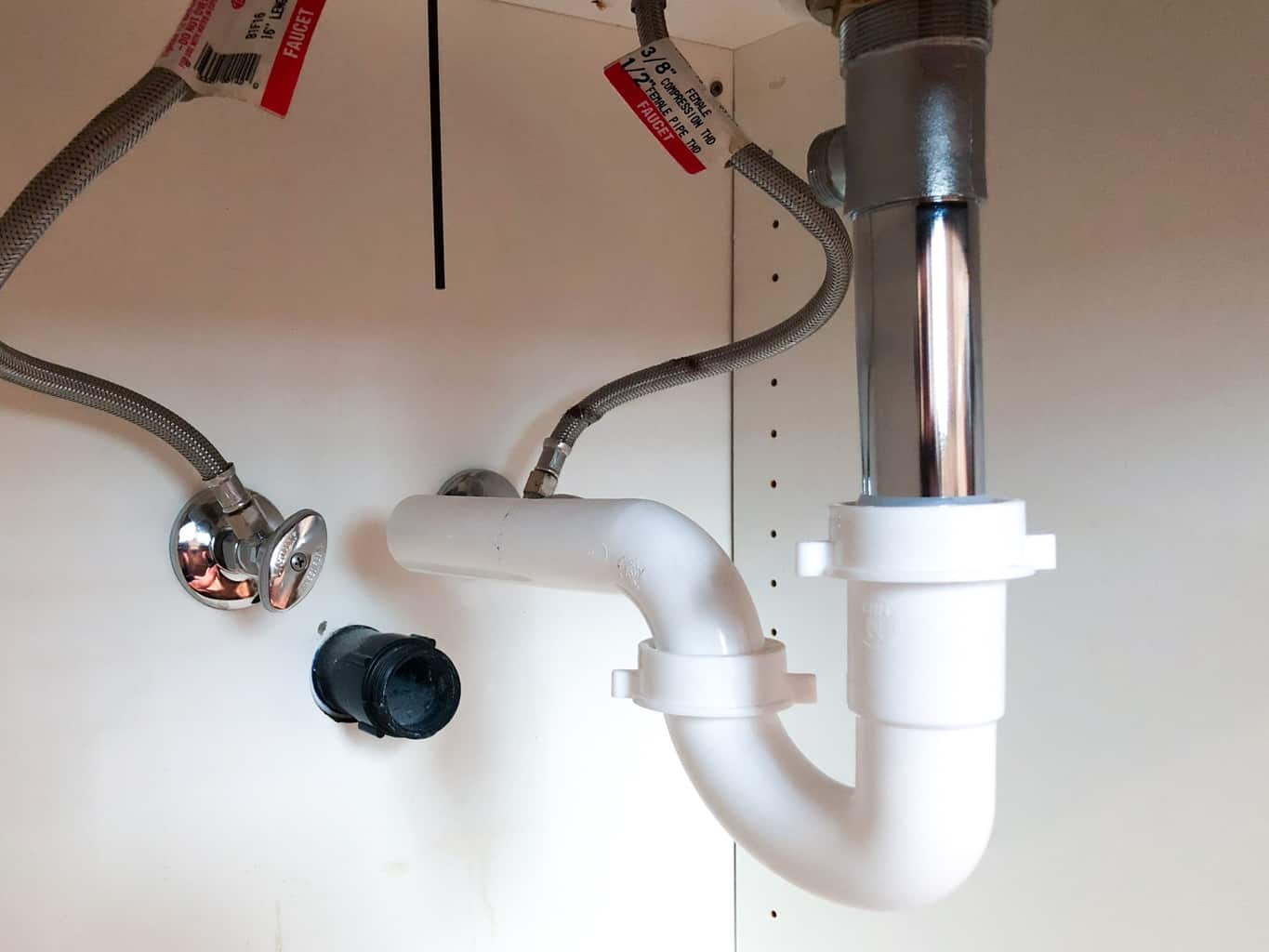 To prevent the negative impacts of wastewater from kitchen sinks, it is essential to incorporate proper
wastewater management
in your house design. This can include installing a grease trap to collect grease and oil, using eco-friendly cleaning products, and implementing a greywater system to reuse water for irrigation.
Moreover, it is also crucial to educate ourselves and our family members on the proper disposal of wastewater. This means avoiding pouring oil and grease down the drain, disposing of food scraps in the trash, and using natural alternatives to harsh chemicals for cleaning.
In conclusion, the proper management of wastewater from kitchen sinks is crucial in house design. It not only helps to protect our environment and health but also ensures the longevity of our homes and community's sewage system. So let's all take responsibility and make a conscious effort to manage our wastewater properly.
To prevent the negative impacts of wastewater from kitchen sinks, it is essential to incorporate proper
wastewater management
in your house design. This can include installing a grease trap to collect grease and oil, using eco-friendly cleaning products, and implementing a greywater system to reuse water for irrigation.
Moreover, it is also crucial to educate ourselves and our family members on the proper disposal of wastewater. This means avoiding pouring oil and grease down the drain, disposing of food scraps in the trash, and using natural alternatives to harsh chemicals for cleaning.
In conclusion, the proper management of wastewater from kitchen sinks is crucial in house design. It not only helps to protect our environment and health but also ensures the longevity of our homes and community's sewage system. So let's all take responsibility and make a conscious effort to manage our wastewater properly.
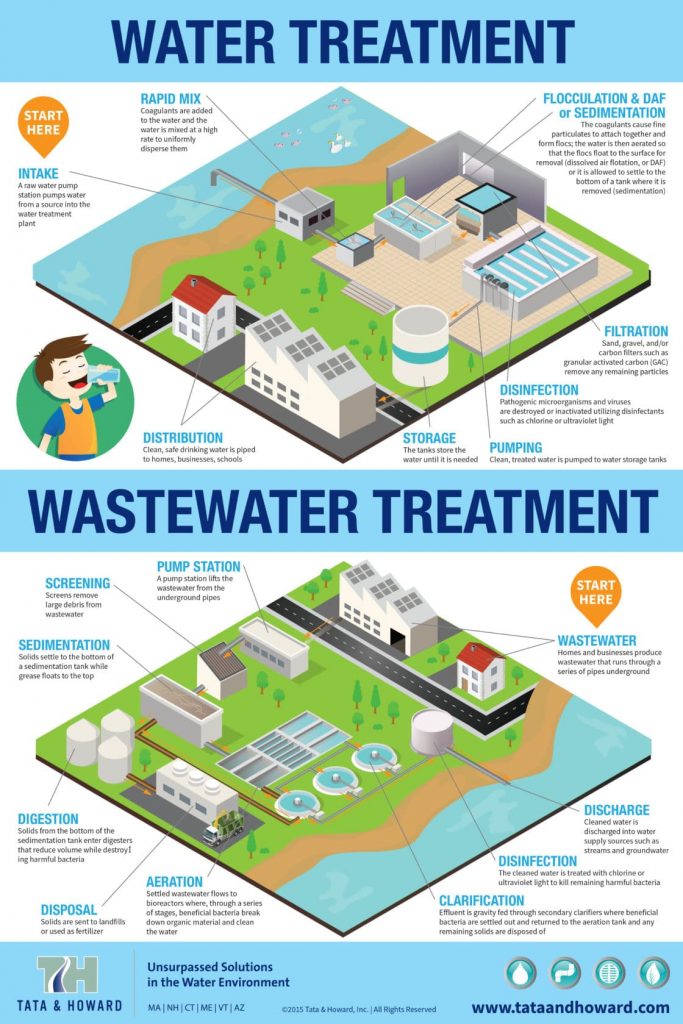

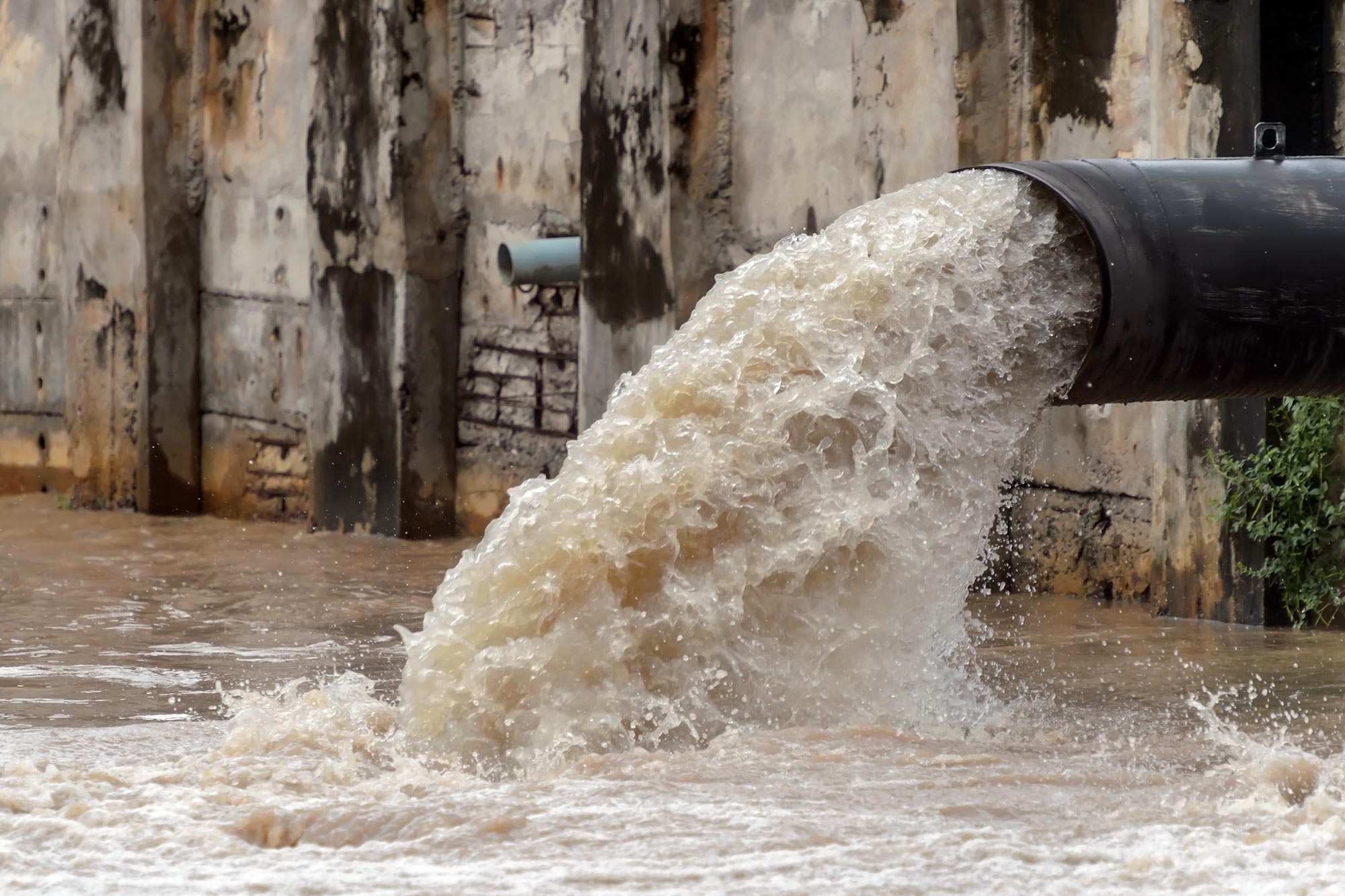
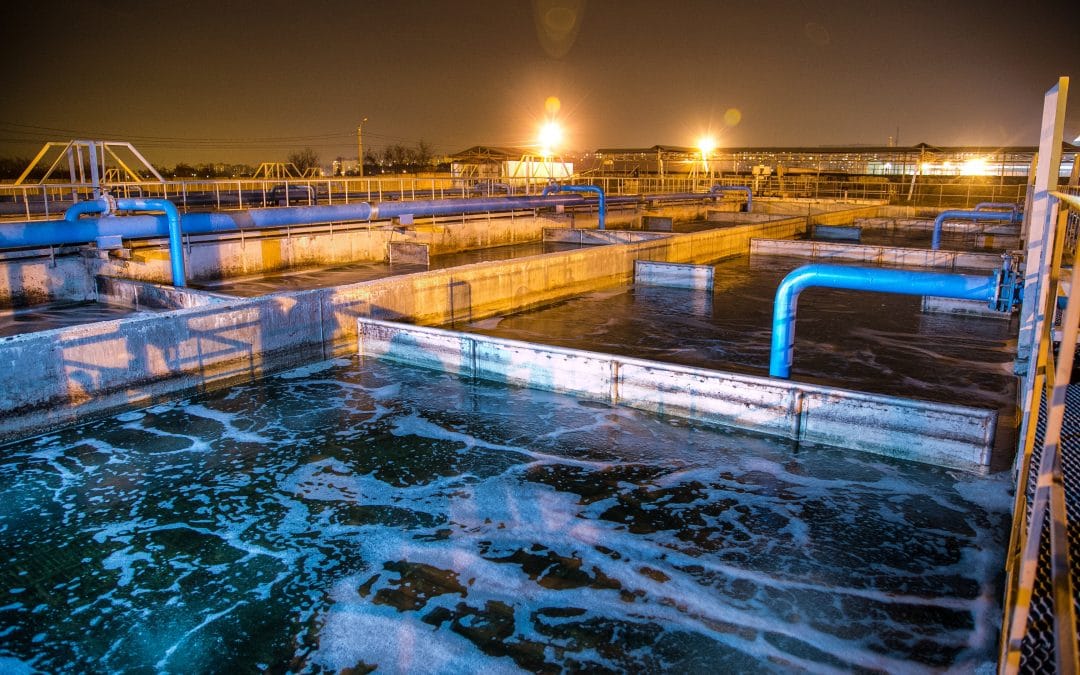
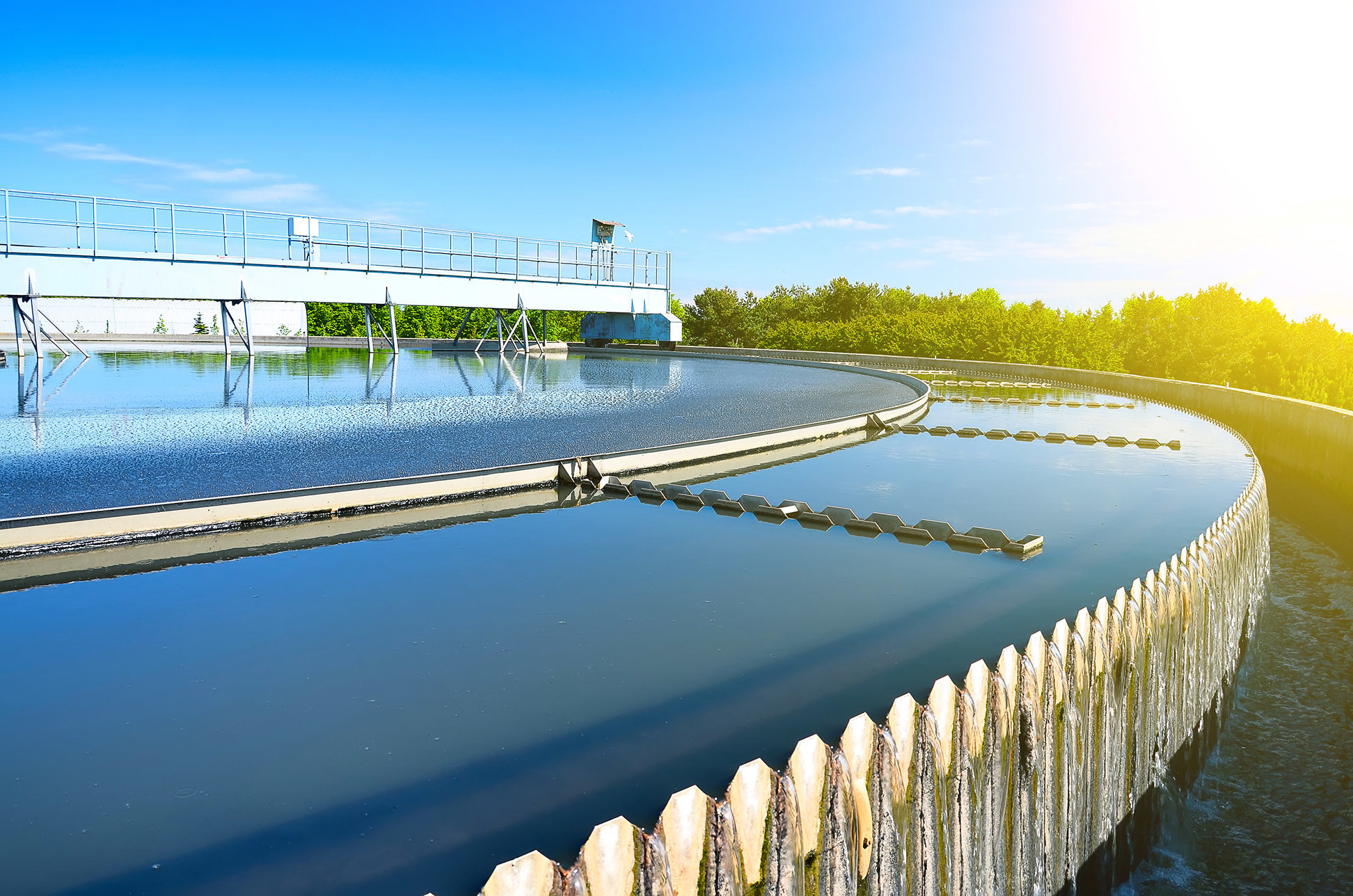
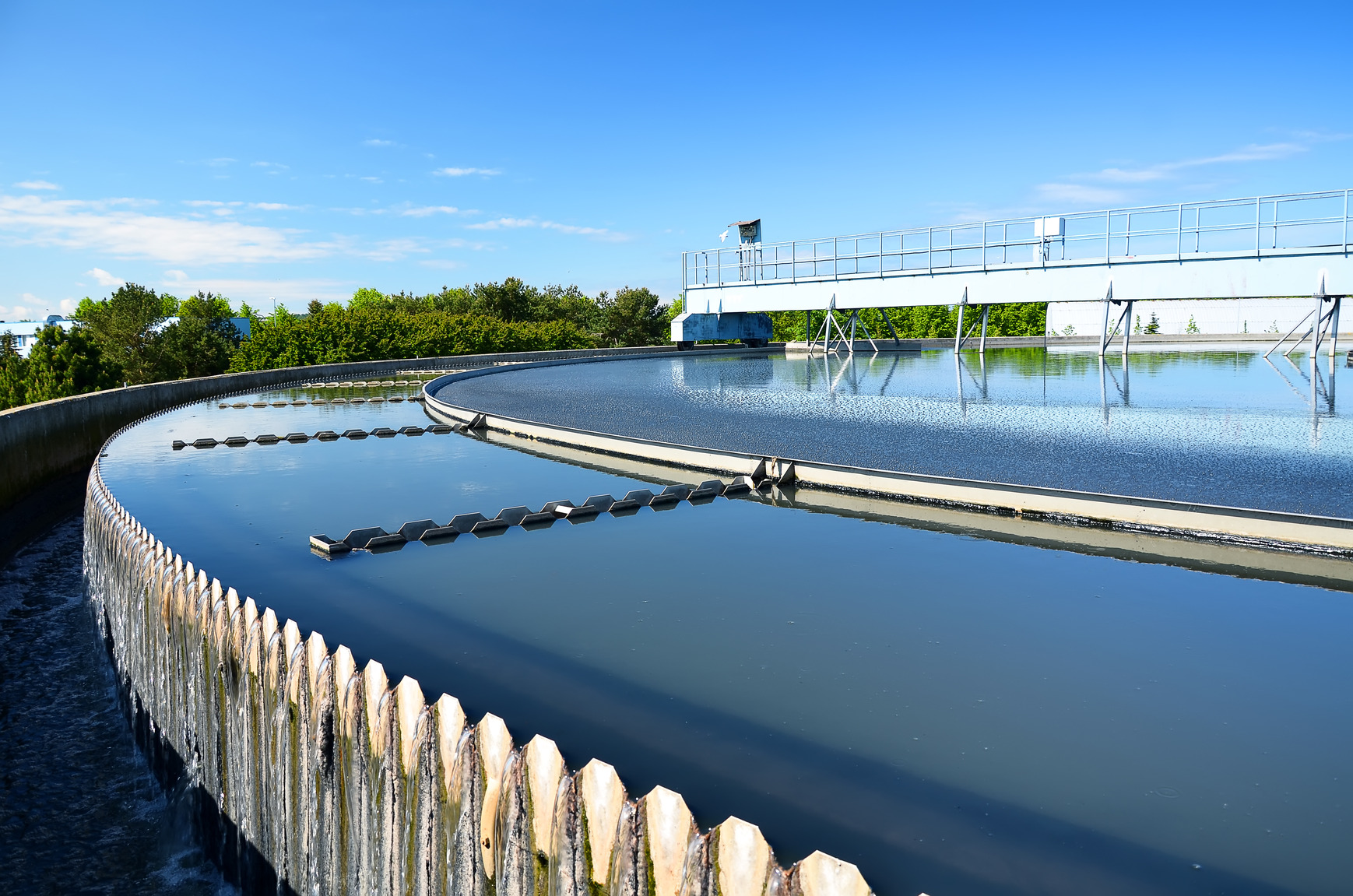











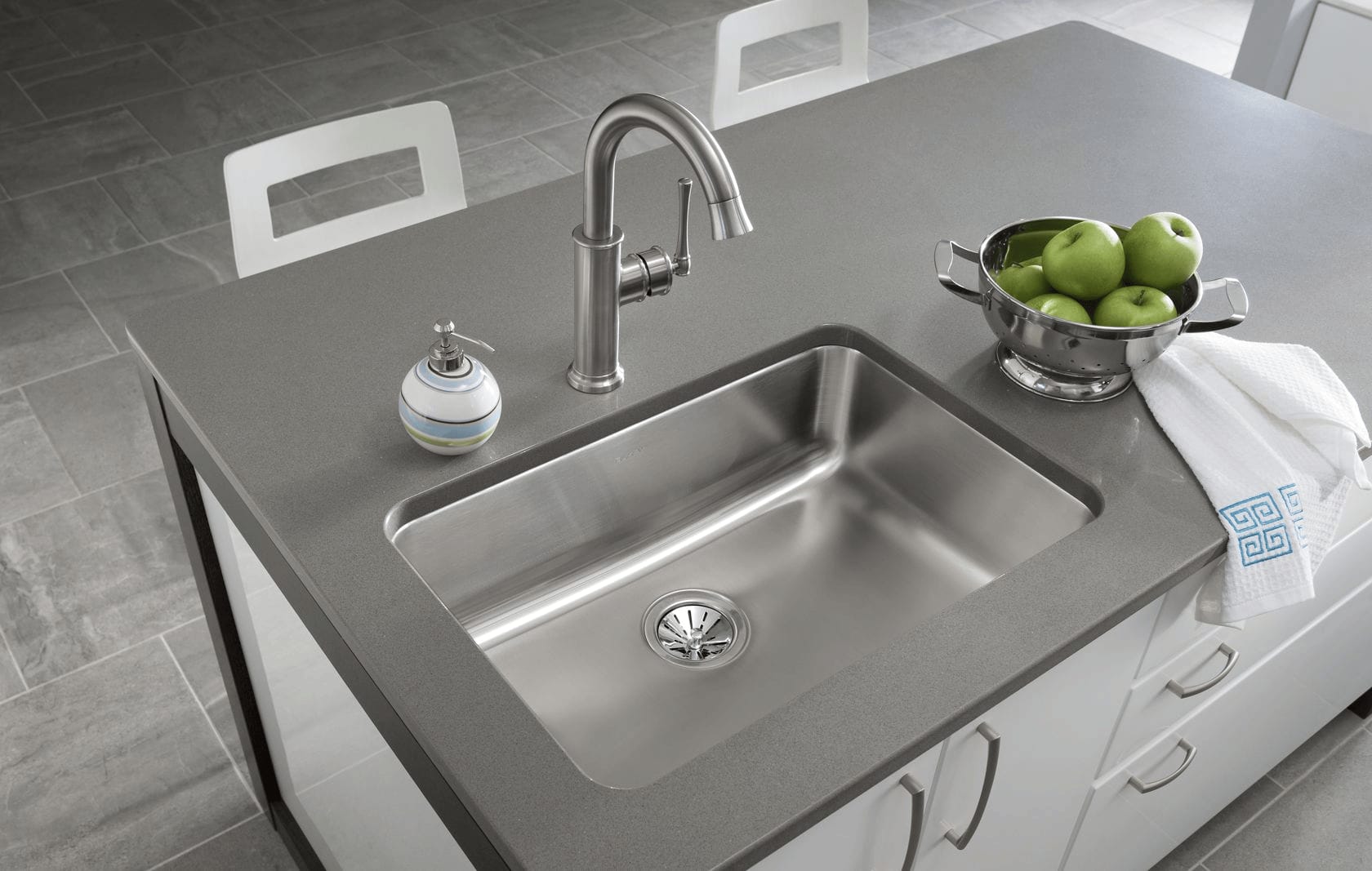

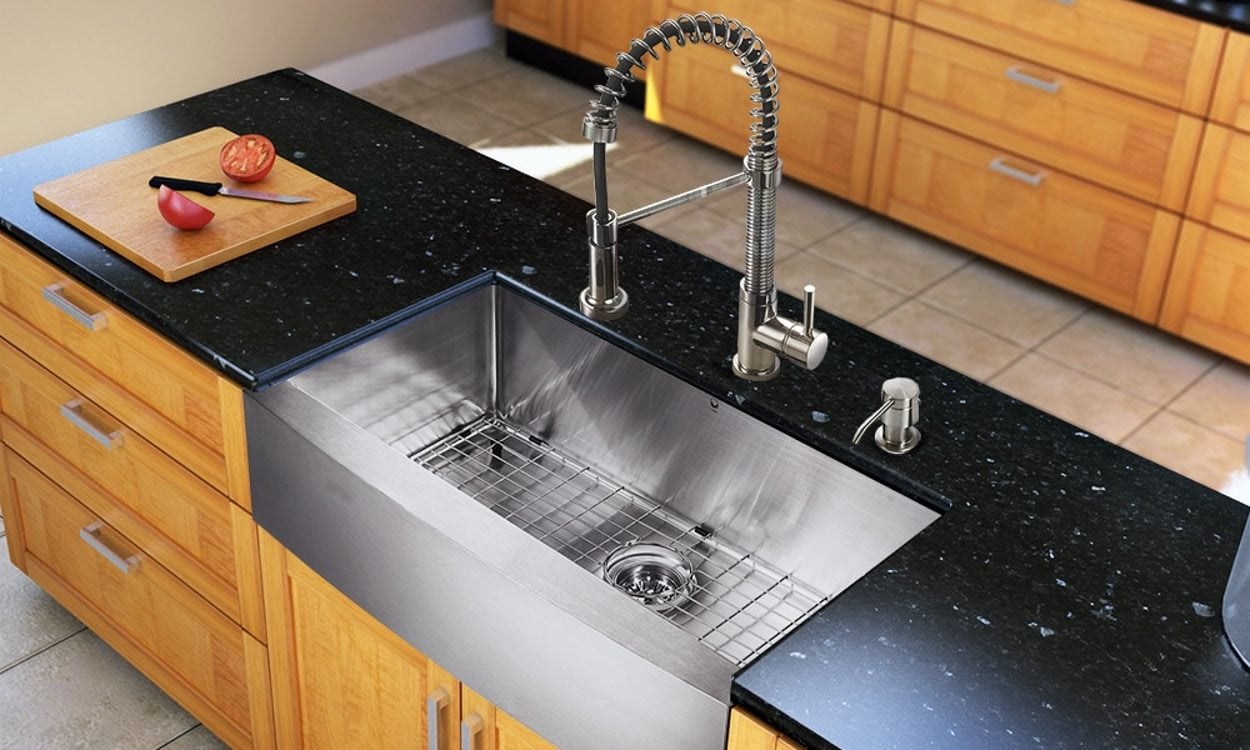
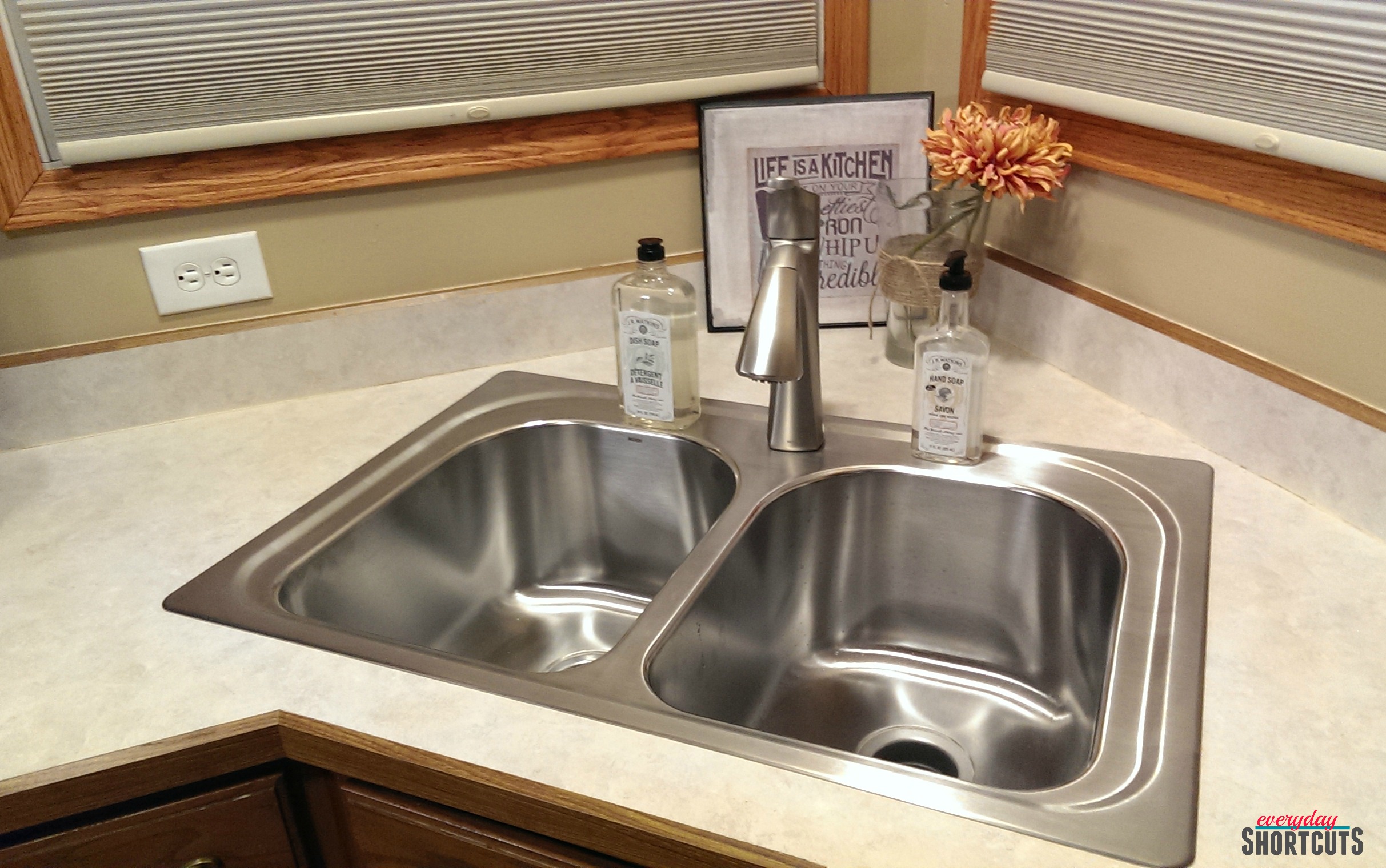
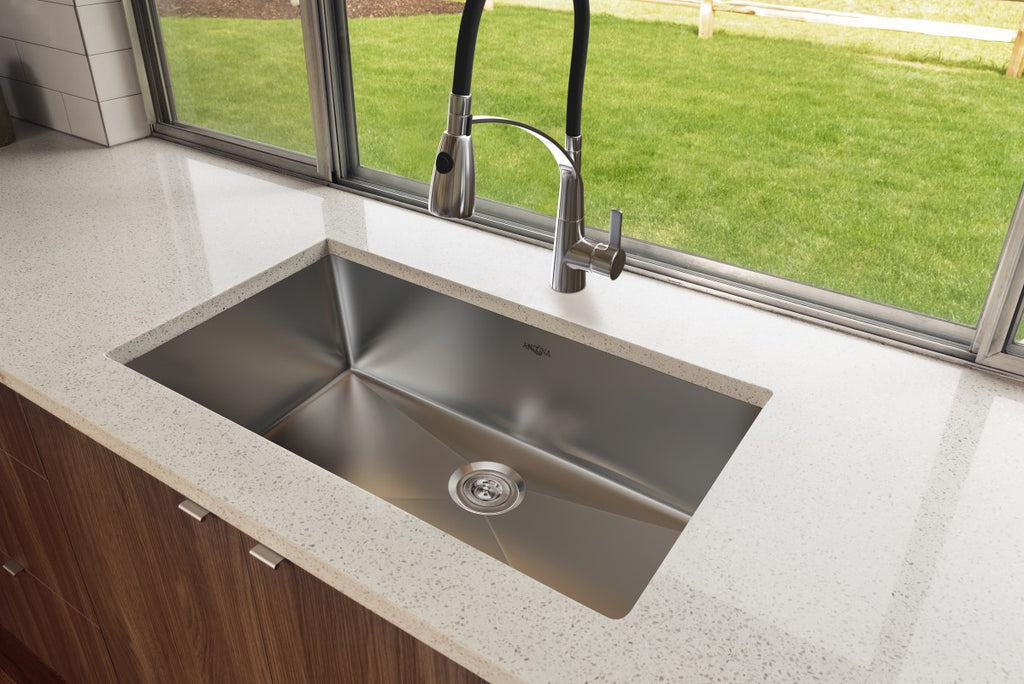
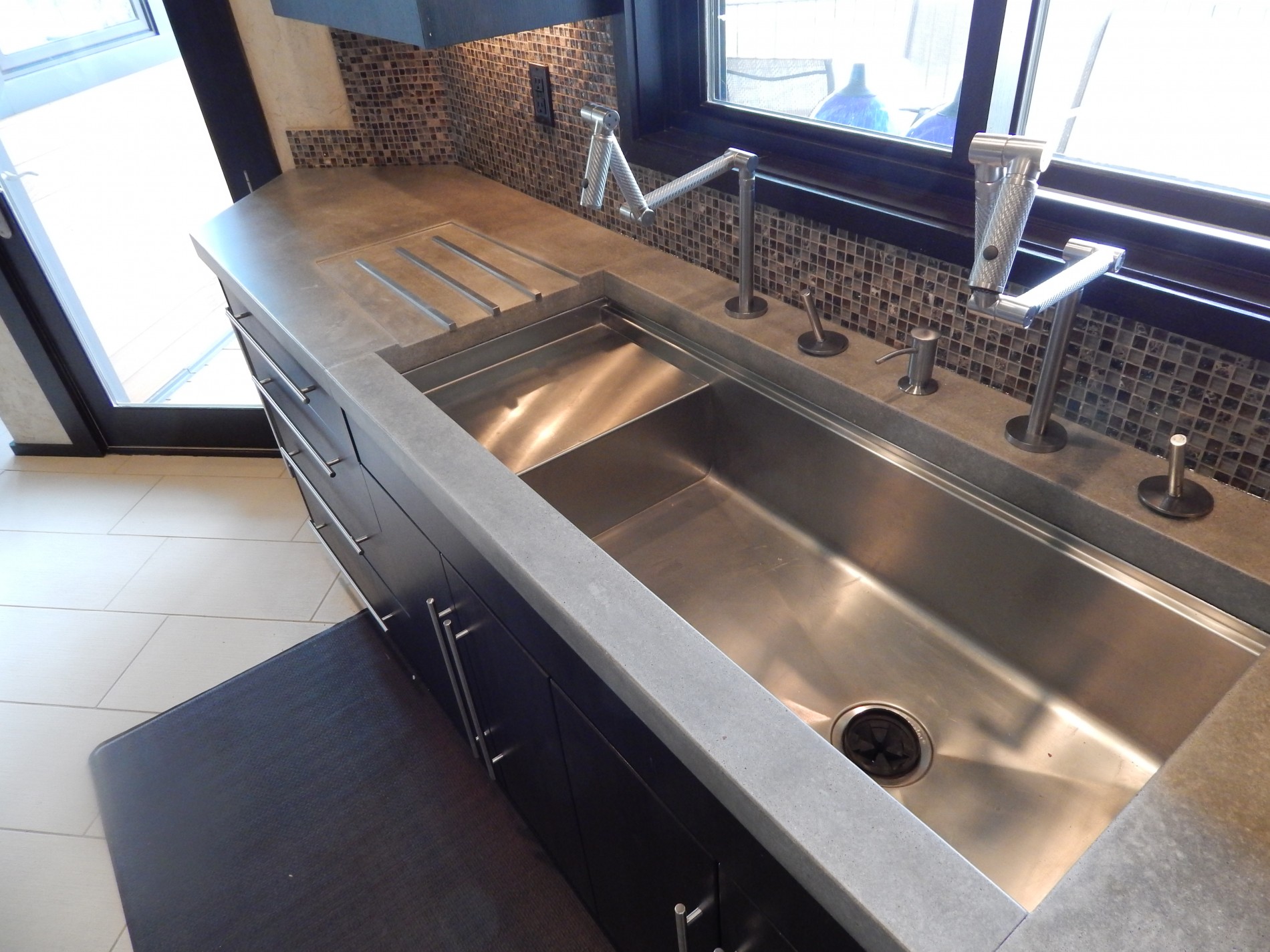
/interiors-of-the-kitchen-126173645-5835288f5f9b58d5b1b96af2.jpg)
